
Please Input

Customer service
Help

My infos
Log in / Register

5 cycle trails from Paris
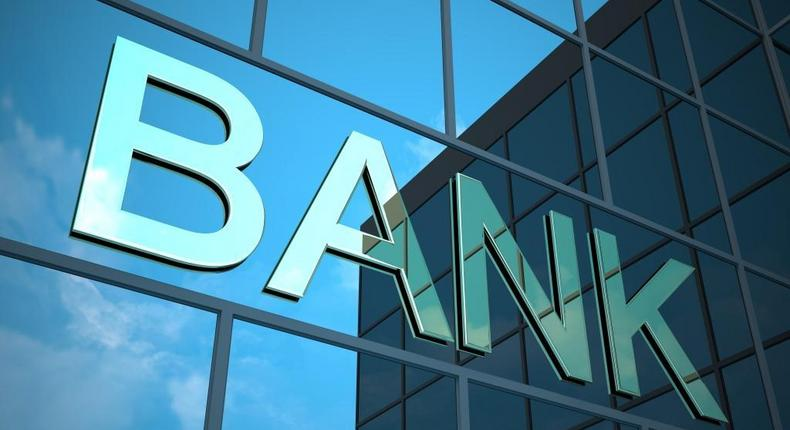
20 African countries with the highest benchmark lending rates, according to latest stats
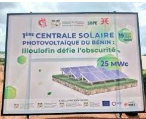
Benin inaugurates its first large-scale solar photovoltaic plant
12 African startups that have announced the largest funding rounds so far in 2022
TopBusiness Insider Africa
Top 8 African cities with the most developed startup ecosystems
TopBusiness Insider Africa
Remembering the great victory and drawing strength for progress - Non trade cross-border organizations concentrate on watching the live broadcast of the September 3rd military parade
NEWS On the morning of September 3rd, all employees of non trade cross-border organizations collectively watched the live broadcast of the military parade commemorating the 80th anniversary of the victory of the Chinese People's War of Resistance Against Japanese Aggression and the World Anti Fascist War, witnessing this significant historical moment together. During the viewing process, the employees were filled with excitement and genuine pride, occasionally admiring the magnificent scene of the military parade. Seeing the advanced weapons and equipment independently developed by our country and the high spirited spirit of the officers and soldiers, each shock instantly ignited everyone's patriotic enthusiasm. This grand ceremony showcasing national strength and national confidence deeply shocked and made every employee present feel proud. This collective viewing of the military parade not only made the employees feel the strength of the country, but also further stimulated their patriotic enthusiasm and national pride, becoming a powerful spiritual driving force for promoting the development of the enterprise.

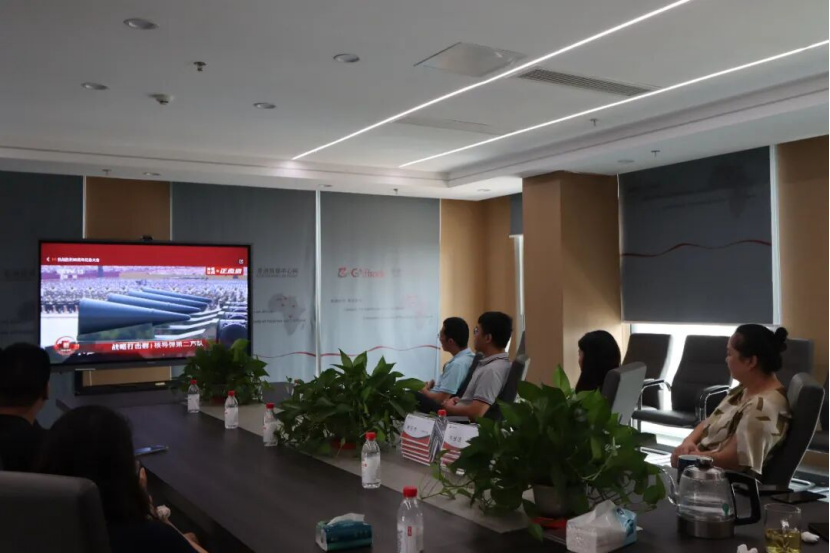
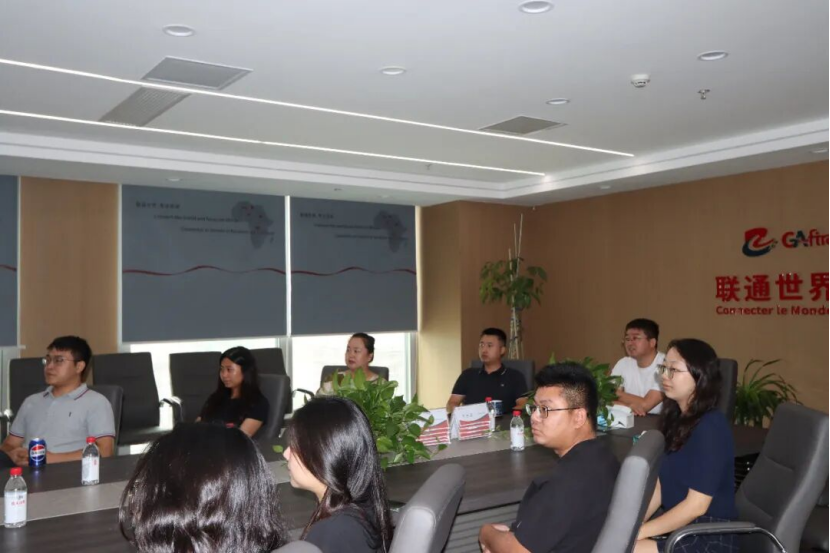
Strong Collaboration, Jointly Expanding West Africa: Non trade Cross border&Xiwang Software Reaches GO'POST VTC Platform Technical Cooperation
NEWS On September 2, 2025, Non Trade Cross border and Xiwang Software signed a technology cooperation agreement for the GO'POST ride hailing (VTC) platform in Chongqing, China. This signing marks the joint efforts of both parties to create a safe, stable, and compliant ride hailing platform called GO 'POST APP. They will deepen their collaboration in technology research and development, product integration, market development, and other fields to jointly create more competitive industry solutions, create greater value for customers, and lead the new wave of green travel logistics finance in West Africa. Mr. Qi Shijin, founder and chairman of Non Trade Cross border, and Mr. Qian Xiaoshu, CEO of Xiwang Software, respectively signed the agreement on behalf of both parties. The management and technical core teams of both parties witnessed this important moment together. According to the agreement, Non Trade Cross border and Xiwang Software will fully leverage their respective core advantages, committed to functions such as ride hailing, express logistics, and mobile payments, and jointly create the GO 'POST APP with ride hailing as the main software. Mr. Qi Shijin, founder and chairman of Non Trade Cross border, said, "We are very pleased to cooperate with Xiwang Software. Xiwang Software's excellent development capabilities and overseas market experience complement our solid hardware foundation and industry insights. We believe that through close cooperation between the two parties, we will accelerate the landing and application of the GO 'POST APP, jointly open up new market opportunities, and hope that this will be an opportunity for both parties to carry out more cooperation in non trade cross-border B2B cross-border e-commerce platforms, comprehensive bonded industrial parks and other fields in the future. ” Mr. Qian Xiaoshu, CEO of Xiwang Software, is also full of expectations for cooperation: "Non trade cross-border is a high-quality partner of Xiwang Software, and the GO'POST project is a high-quality cooperation project. This cooperation will extend our software capabilities to a wider range of application scenarios. This cooperation is not only a fusion of technology, but also a new growth pole for technology going global. ” As the first green transportation logistics finance platform in West Africa, GO'POST has entered the substantive stage of vehicle export, local promotion, and dedicated line construction since its signing in April this year.

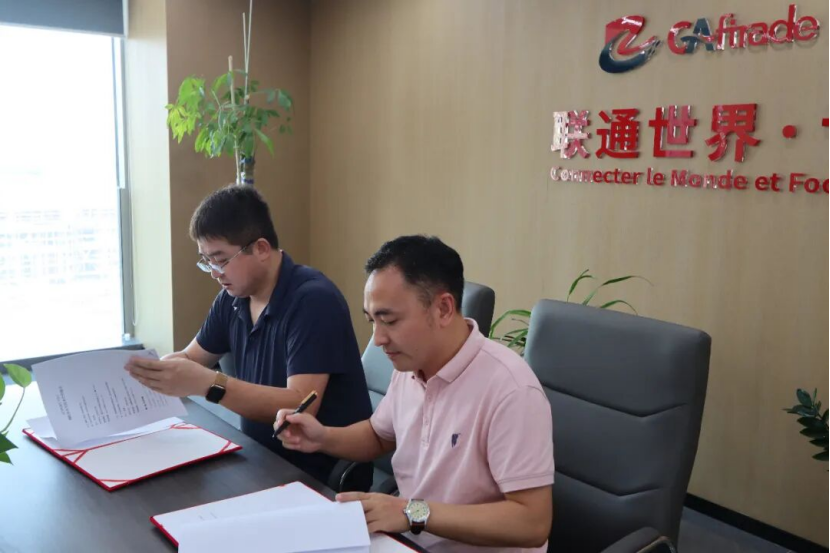
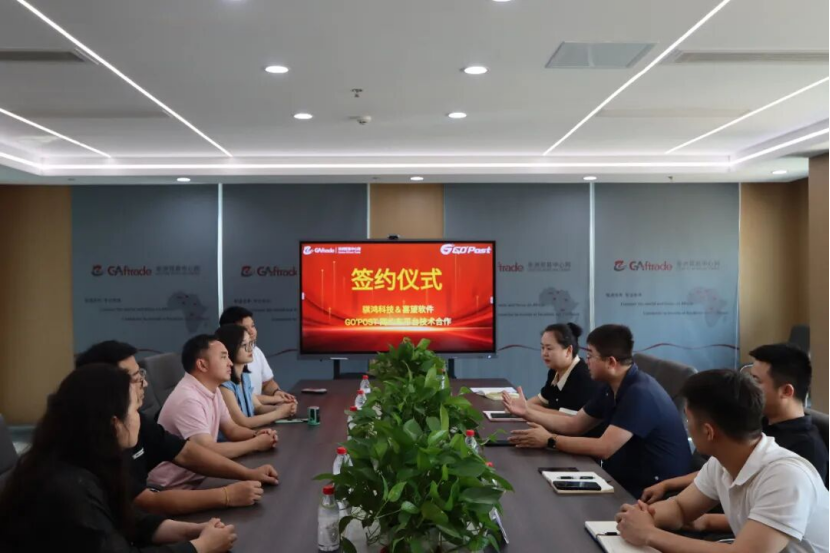
New Financial Star in West Africa! Ivory Coast, supported by IMF4.8 billion US dollars, is rising as a regional financial center
The International Monetary Fund provides strong support, leading in digital finance innovation, and providing financial support to small and medium-sized enterprises - Ivory Coast's financial industry is quietly rising in West Africa. Recently, the International Monetary Fund (IMF) approved $808.5 million in financing for Cote d'Ivoire, bringing the total amount of IMF financing received by Cote d'Ivoire to $4.8 billion, in addition to funds provided by various loan mechanisms previously! This figure fully reflects the high recognition of international financial institutions for the economic development of Cote d'Ivoire. The economy is shining, and fiscal reform is showing results The Ivorian government has demonstrated efficient financial management capabilities. It is expected that by 2025, the country's budget deficit will decrease to 3% and the inflation rate will be controlled at 3.5%. Although government debt will rise to 60% of GDP in 2024, Fitch predicts that this proportion will decrease to 55.2% by 2026, indicating a steady improvement in the fiscal situation. The Ivorian Ministry of Finance successfully issued $1.75 billion in European bonds in March 2025, with a repayment period of 11 years and an interest rate of 6.45%, which is 15 basis points lower than the interest rate issued in January 2024, indicating increased market confidence in it. Digital finance, Ivory Coast leads West Africa The electronic currency institution business of the West African Monetary Union continues to grow, with revenue increasing from approximately $300 million to approximately $500 million in the past three years. Ivory Coast dominates this market with a market share of 36.2%, far surpassing Benin (21.7%) and Mali (22.6%). In July 2022, MTN Ivory Coast Mobile Financial Services Company launched the "Momo App" to provide customers with one-stop financial services. This application enables the younger generation to access most financial services, including transactions, credit, and insurance, through smartphones. Financing support for small and medium-sized enterprises The International Finance Corporation (IFC) has signed a strategic cooperation agreement with four local banks in Cote d'Ivoire for a total amount of $76 million. The agreement aims to provide more financing channels for small and medium-sized enterprises, especially female entrepreneurs, and strengthen their economic resilience to risks. Small and medium-sized enterprises in Cote d'Ivoire account for 23% of total employment and 20% of GDP, but their development is still hindered by a funding gap of approximately 2.3 billion US dollars. The agreement will provide support for small and medium-sized enterprises in agriculture, food, manufacturing, renewable energy and other fields, and establish a special support fund for female small and medium-sized enterprises.Enhance service status and become a regional financial center The Western Community Investment and Development Bank (EBID) has signed an agreement with the government of Cote d'Ivoire to open its first national office in the country. I chose Cote d'Ivoire mainly because the government has made significant progress in macroeconomic aspects over the years. Ivory Coast, as the best economy in the West African subregion, has received a stable BB rating (Standard&Poor's) and a stable Ba2 rating (Moody's). Cote d'Ivoire will become the first member state of the Western Community to establish an EBID representative office. The service scope of this representative office will cover Liberia, Sierra Leone, Gambia, Guinea Bissau, and Senegal. This measure will further consolidate Ivory Coast's position as a financial center in West Africa. International cooperation with strong financial support The World Bank has implemented a series of aid projects in Cote d'Ivoire, with a total aid amount of 230.5 billion West African francs (approximately 397 million US dollars). These aid mainly involve areas such as transportation, education, sustainable development, and social development. The International Development Association (AID) has also provided significant financial support to Cote d'Ivoire under its 16th aid framework. The World Bank's cooperation project with Cote d'Ivoire has exceeded 5 billion US dollars, and once again emphasizes the World Bank's commitment to supporting development projects in Cote d'Ivoire. Ivory Coast's Minister of Economy Kaba and Finance Minister Kulibaly led a delegation to attend the 2025 Spring Meetings of the International Monetary Fund and the World Bank, where they met with the World Bank's Vice President for Central and West Africa and the IMF's Executive Director for Ivory Coast. Development Challenges and Future Prospects Despite significant progress, the financial industry in Cote d'Ivoire still faces some challenges. Electronic currency institutions are still struggling to achieve profitability, mainly because the vast majority of accounts are still in a wait-and-see state and their use of online services is still limited. Fitch points out that Cote d'Ivoire has several weaknesses, including low per capita income compared to its "BB" category peers, low government income, and high government debt relative to the country's level of development. By 2026, the ratio of government debt to revenue will remain at 313%, significantly higher than the "BB" median of 225%. The upcoming presidential elections in October 2025 will test the political stability of Cote d'Ivoire. Crimes and Challenges of Cryptocurrency The development of cryptocurrencies in Africa also faces challenges and crime issues. In the cross-border law enforcement operation "Operation Grassland 2.0" coordinated by Interpol, 1209 people were arrested on suspicion of online fraud and cryptocurrency crimes. This operation involved 88000 victims, recovered $97.4 million in funds, and dismantled 11432 mining equipment. In Angola, Interpol has seized 25 illegal cryptocurrency mining centers, arrested 60 Chinese citizens, and confiscated mining equipment worth $37 million. Zambian authorities have dismantled a large-scale online cryptocurrency investment scam involving 65000 victims and a total amount of up to 300 million US dollars. Scammers lure investors through large-scale advertising, promising "high returns", but in reality, it is a Ponzi scheme. Crimes and Challenges of Cryptocurrency The development of cryptocurrencies in Africa also faces challenges and crime issues. In the cross-border law enforcement operation "Operation Grassland 2.0" coordinated by Interpol, 1209 people were arrested on suspicion of online fraud and cryptocurrency crimes. This operation involved 88000 victims, recovered $97.4 million in funds, and dismantled 11432 mining equipment. In Angola, Interpol has seized 25 illegal cryptocurrency mining centers, arrested 60 Chinese citizens, and confiscated mining equipment worth $37 million. Zambian authorities have dismantled a large-scale online cryptocurrency investment scam involving 65000 victims and a total amount of up to 300 million US dollars. Scammers lure investors through large-scale advertising, promising "high returns", but in reality, it is a Ponzi scheme. Cote d'Ivoire plans to increase its GDP growth forecast to 6.3% and lower its inflation rate to 3.7% by 2025. With its strong growth, prudent fiscal management, and reliable macroeconomic policies, Cote d'Ivoire is steadily advancing towards its goal of becoming a financial center in West Africa.
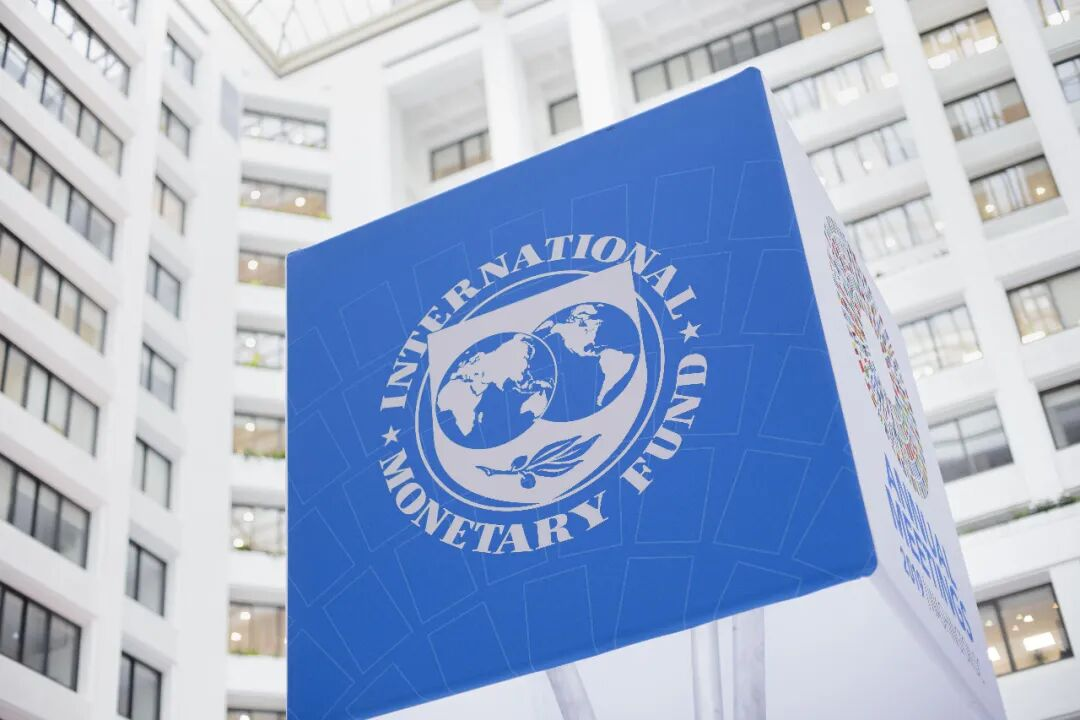
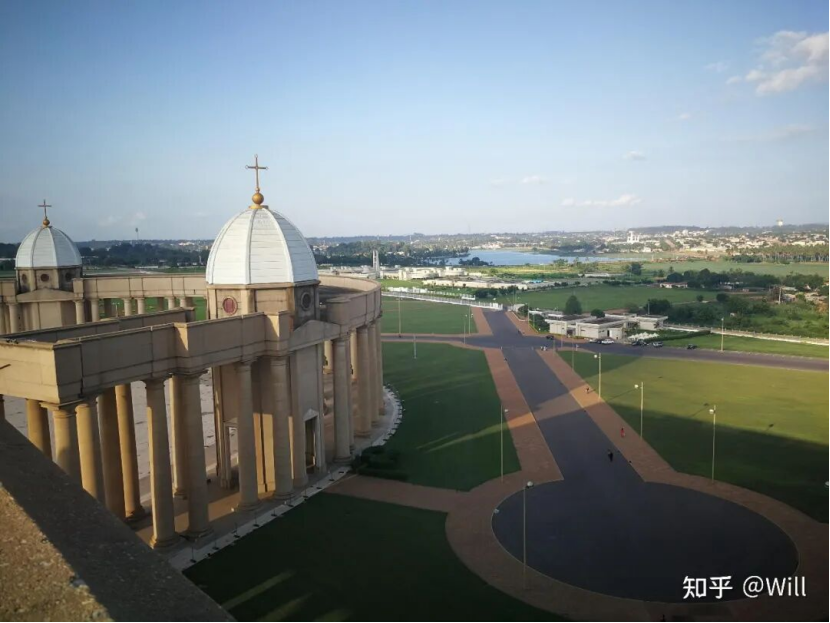
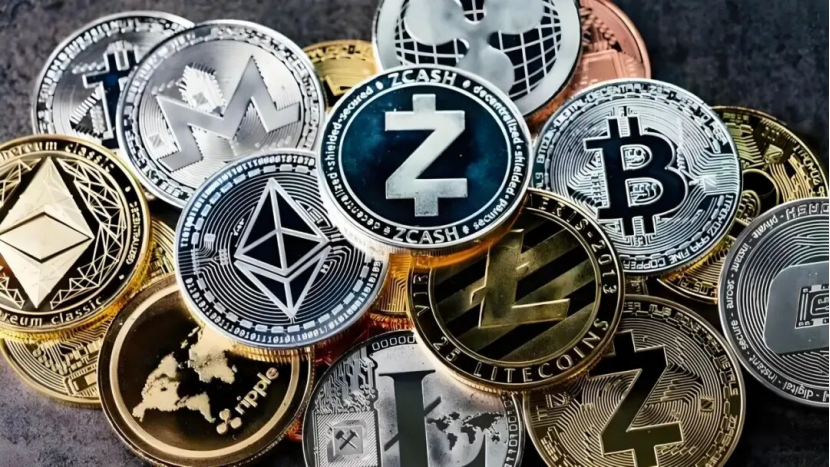
Ivory Coast's private economy enters a golden period of development! Chinese enterprises are the most profitable investors in these fields
The West African economic engine roars, with private enterprises becoming the main force of growth! Private investment exceeds $1.1 billion in 2024, creating nearly 5000 job opportunities As the second largest economy in West Africa, Cote d'Ivoire is attracting more and more international investors with its strong economic growth and favorable investment environment. Especially in the field of private economy, unprecedented development opportunities are emerging! Private economy becomes a growth engine The latest data shows that: Real GDP growth of 7.1% in 2024, impressive performance → Private investment reached 741.5 billion West African francs (approximately 1.17 billion US dollars) Expected to create 4823 job opportunities 14156 small and medium-sized enterprises receive government support Behind these numbers lies the thriving vitality of the private economy in Cote d'Ivoire! The Four Major Gold Investment Fields Agricultural product processing - huge space Cocoa processing rate is only 46% (target 100%) Cashew processing rate 36.5% The rubber processing rate has reached 96% Diversification of Manufacturing Industry - Policy Support Government repairs industrial areas such as San Pedro and Kumasi Strong demand for building materials, household appliances, daily chemical products, and textiles Industrial Park Construction - New Investment Hotspot An important carrier of China Africa capacity cooperation • Enjoy policy dividends and agglomeration effects E-commerce and Innovation - Unlimited Potential The government strengthens e-commerce supervision and regulates the market New business models such as healthcare, logistics, and green energy are emerging Investment Notice: Opportunities and Challenges Coexist Advantage: Strong economic growth: Cote d'Ivoire is a core country of the West African Economic and Monetary Union (UEMOA), with a stable currency and convenient exchange rates. Strong policy support: The government has launched the "Industrial Revitalization Plan" to provide tax reductions and exemptions for industries such as agricultural product processing, building materials, and automobile assembly. Significant location advantage: Abidjan Port in Cote d'Ivoire is the second largest port in Africa and the largest port in West Africa. It is an important seaport for landlocked countries in West Africa such as Burkina Faso, Mali, and Niger, and is known as the "gateway to West Africa". In 2024, the cargo throughput of Abidjan Port in Cote d'Ivoire reached 40 million tons, a year-on-year increase of 15%, setting a new historical high. Population and consumption advantages: Ivory Coast has a population of nearly 30 million and rich young labor resources. Strong import demand: In 2024, bilateral trade between China and Cote d'Ivoire reached 5.054 billion US dollars, and China's exports to Cote d'Ivoire amounted to 4.156 billion US dollars. China has been the largest source of imports for Cote d'Ivoire for several consecutive years. Focus on areas encouraged by the government, such as agricultural product processing, infrastructure construction, digital economy, and energy development Fully utilize investment preferential policies, especially regional differentiated preferential measures Consider settling in industrial parks or economic zones to gain cluster advantages Emphasize localized management and integrate into the local economic ecosystem Four suggestions for investors Focus on areas encouraged by the government, such as agricultural product processing, infrastructure construction, digital economy, and energy development Fully utilize investment preferential policies, especially regional differentiated preferential measures Consider settling in industrial parks or economic zones to gain cluster advantages Emphasize localized management and integrate into the local economic ecosystem Crimes and Challenges of Cryptocurrency The development of cryptocurrencies in Africa also faces challenges and crime issues. In the cross-border law enforcement operation "Operation Grassland 2.0" coordinated by Interpol, 1209 people were arrested on suspicion of online fraud and cryptocurrency crimes. This operation involved 88000 victims, recovered $97.4 million in funds, and dismantled 11432 mining equipment. In Angola, Interpol has seized 25 illegal cryptocurrency mining centers, arrested 60 Chinese citizens, and confiscated mining equipment worth $37 million. Zambian authorities have dismantled a large-scale online cryptocurrency investment scam involving 65000 victims and a total amount of up to 300 million US dollars. Scammers lure investors through large-scale advertising, promising "high returns", but in reality, it is a Ponzi scheme. Crimes and Challenges of Cryptocurrency The development of cryptocurrencies in Africa also faces challenges and crime issues. In the cross-border law enforcement operation "Operation Grassland 2.0" coordinated by Interpol, 1209 people were arrested on suspicion of online fraud and cryptocurrency crimes. This operation involved 88000 victims, recovered $97.4 million in funds, and dismantled 11432 mining equipment. In Angola, Interpol has seized 25 illegal cryptocurrency mining centers, arrested 60 Chinese citizens, and confiscated mining equipment worth $37 million. Zambian authorities have dismantled a large-scale online cryptocurrency investment scam involving 65000 victims and a total amount of up to 300 million US dollars. Scammers lure investors through large-scale advertising, promising "high returns", but in reality, it is a Ponzi scheme. Ivory Coast, with its thriving economy, continuously improving business environment, highly potential market space, and regional gateway position, provides abundant opportunities for global investors. Its growing development needs are also in line with the strong infrastructure capabilities and manufacturing advantages of Chinese enterprises. Layout in the Ivory Coast market is a "must answer question" in the era of global multipolar growth.
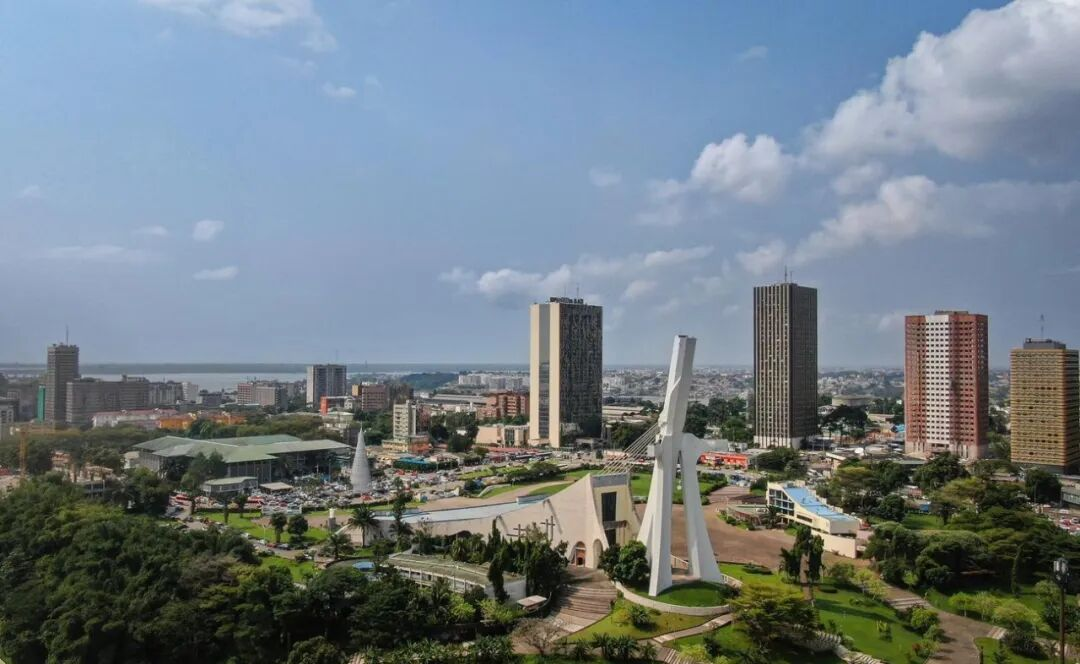
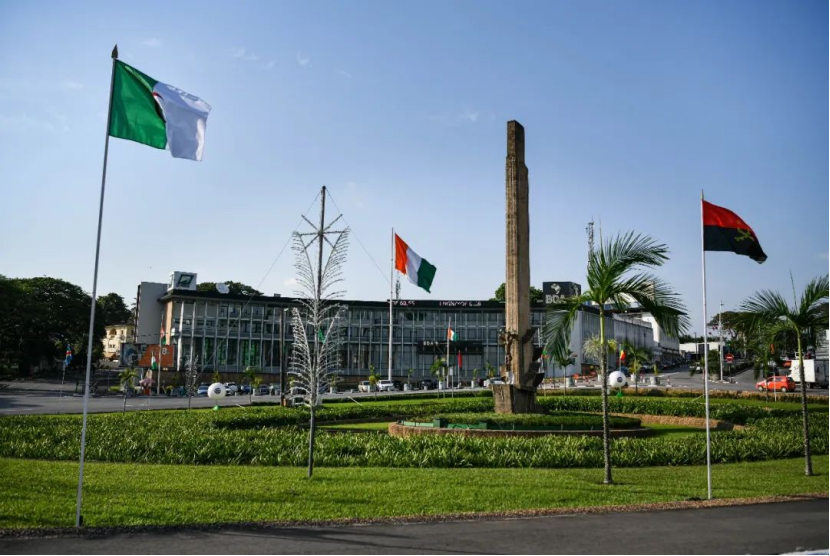
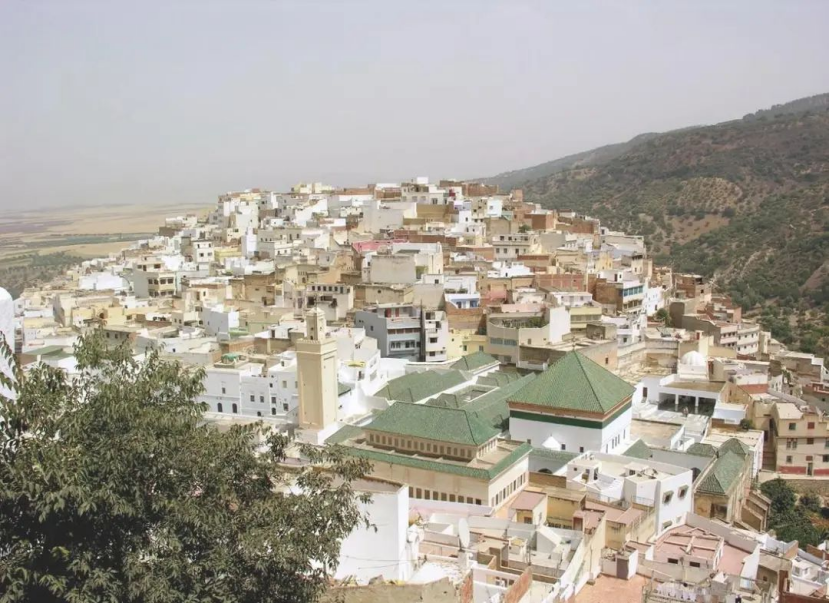
African Cryptocurrencies: Explosive Growth of Stablecoins and Simultaneous Promotion of Crime Crackdown
Digital assets are rapidly becoming popular in Africa, among which stablecoins have become the mainstream choice in the African cryptocurrency market due to their relatively stable characteristics, especially playing an important role in cross-border payments and savings. Africa is experiencing a digital currency revolution, particularly with stablecoins leading the adoption rate in emerging markets worldwide. According to the latest report from Yellow Card, stablecoin trading volume in sub Saharan Africa accounts for 43% of the total cryptocurrency trading volume. Nigeria has become the largest stablecoin market in Africa, recording nearly $22 billion in trading volume between July 2023 and June 2024. South Africa is also not to be outdone, with a 50% increase in monthly stablecoin trading volume since October 2023, and stablecoins have replaced Bitcoin as the most popular digital asset in the country. The rise of stablecoins The stablecoin market has experienced explosive growth in the past five years. At the beginning of 2020, the global market value of stablecoins was only $5 billion, reaching a peak of $181.7 billion by March 2022. After a temporary decline caused by the collapse of Terra's UST stablecoin in 2022, the market recovered in 2023, reaching $119.1 billion. By 2024, the market value will increase by $73.5 billion, reaching $1612 billion, and by May 2025, the market value will have reached $230 billion. This year, the global processing amount of stablecoins reached $156 trillion, about 119% of Visa and 200% of Mastercard, with a monthly transaction volume of 110 million. These numbers fully demonstrate the increasingly important position of stablecoins in the global financial system. The main application scenarios of stablecoins In Africa, the application of stablecoins has shifted from speculation to practical tools. Sharon Tum, Regional Manager of Yellow Card East Africa, pointed out that the acceleration of stablecoin applications in enterprises is due to three main reasons: faster cross-border settlements, reduced foreign exchange costs, and hedging against currency fluctuations. Enterprises are using stablecoins to pay suppliers and receive international payments within minutes, instead of the days required by traditional banks, and typically only require a small portion of traditional bank fees. In terms of individual users, about 70% of stablecoin customers focus on personal needs such as remittance and savings, while 30% of users specifically use stablecoins for commercial operations. In 2024, the use of stablecoins by enterprises for corporate transactions increased by 25%, particularly in cross-border payments and supply chain settlements. Crimes and Challenges of Cryptocurrency The development of cryptocurrencies in Africa also faces challenges and crime issues. In the cross-border law enforcement operation "Operation Serengeti 2.0" coordinated by Interpol, 1209 people were arrested on suspicion of online fraud and cryptocurrency crimes. This operation involved 88000 victims, recovered $97.4 million in funds, and dismantled 11432 mining equipment. In Angola, Interpol has seized 25 illegal cryptocurrency mining centers, arrested 60 Chinese citizens, and confiscated mining equipment worth $37 million. Zambian authorities have dismantled a large-scale online cryptocurrency investment scam involving 65000 victims and a total amount of up to 300 million US dollars. Scammers lure investors through large-scale advertising, promising "high returns", but in reality, it is a Ponzi scheme. Innovative Case: Bitcoin Financial Services in Kenya In Kenya, a cryptocurrency startup called AfriBit Africa has launched an innovative project in the Kibera slums to provide financial services to communities excluded from the traditional banking system. This project has facilitated over 2000 Bitcoin transactions, targeting 250000 residents of Kibera, of whom over 80% lack access to formal banking services. AfriBit Africa has started providing cryptocurrency supported subsidies to garbage collectors and informal workers in the region. The project has expanded to include over 40 local merchants accepting Bitcoin payments, as well as 120 women and youth participating in upgraded recycling projects that generate income denominated in Bitcoin. Regulatory Environment and Future Prospects The regulatory pace of digital assets varies among African governments. Some countries focus on anti money laundering (AML) and combating the financing of terrorism (CFT), while others are exploring tax frameworks. The regulatory environment will be a key factor affecting the growth rate of stablecoin usage on the African continent. The passage of the US GENIUS Act in 2025 further legalized stablecoins globally and established a clear regulatory framework, indirectly stimulating confidence in expanding adoption in the African market. With the acceleration of adoption, stablecoins are poised to play an increasingly crucial role in both local and cross-border finance. Traditional participants are also preparing for a stablecoin driven future, as evidenced by the partnership between Yellow Card and Visa. Crimes and Challenges of Cryptocurrency The development of cryptocurrencies in Africa also faces challenges and crime issues. In the cross-border law enforcement operation "Operation Grassland 2.0" coordinated by Interpol, 1209 people were arrested on suspicion of online fraud and cryptocurrency crimes. This operation involved 88000 victims, recovered $97.4 million in funds, and dismantled 11432 mining equipment. In Angola, Interpol has seized 25 illegal cryptocurrency mining centers, arrested 60 Chinese citizens, and confiscated mining equipment worth $37 million. Zambian authorities have dismantled a large-scale online cryptocurrency investment scam involving 65000 victims and a total amount of up to 300 million US dollars. Scammers lure investors through large-scale advertising, promising "high returns", but in reality, it is a Ponzi scheme. Crimes and Challenges of Cryptocurrency The development of cryptocurrencies in Africa also faces challenges and crime issues. In the cross-border law enforcement operation "Operation Grassland 2.0" coordinated by Interpol, 1209 people were arrested on suspicion of online fraud and cryptocurrency crimes. This operation involved 88000 victims, recovered $97.4 million in funds, and dismantled 11432 mining equipment. In Angola, Interpol has seized 25 illegal cryptocurrency mining centers, arrested 60 Chinese citizens, and confiscated mining equipment worth $37 million. Zambian authorities have dismantled a large-scale online cryptocurrency investment scam involving 65000 victims and a total amount of up to 300 million US dollars. Scammers lure investors through large-scale advertising, promising "high returns", but in reality, it is a Ponzi scheme. As traditional financial giants Visa and Mastercard begin to support stablecoin transactions, the digital currency ecosystem on the African continent is becoming increasingly sophisticated. Kenya's mobile currency system M-Pesa has provided a solid foundation for stablecoin integration. Nigeria is exploring the use of stablecoins for fast and low-cost cross-border payments in the oil, gas, and manufacturing industries.

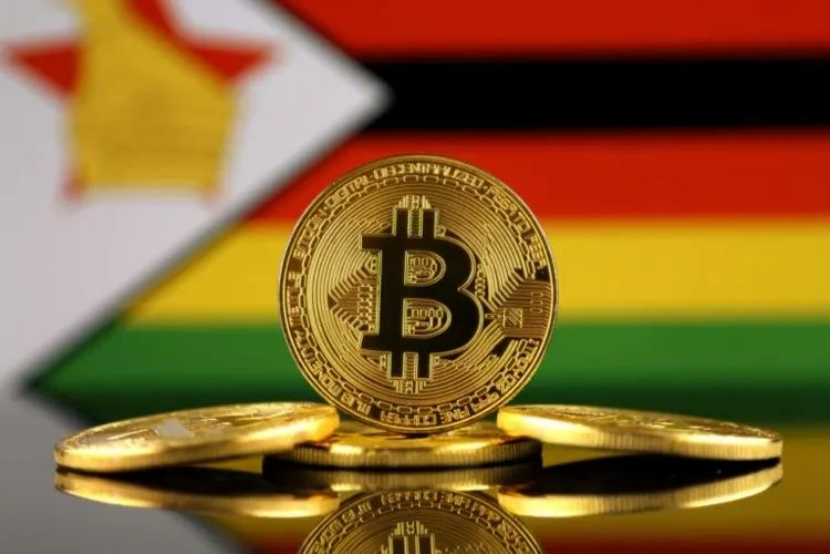

Ivory Coast's infrastructure boom: How is the West African economic engine changing?
Asphalt roads have replaced muddy dirt roads, port cranes work day and night, and electricity reaches remote villages - the infrastructure of Cote d'Ivoire is being revitalized at a visible speed. Standing at the San Pedro port dock, a bustling scene unfolded before my eyes: cranes were busy loading and unloading goods, and trucks were lining up in long lines waiting for transportation. This ongoing port upgrade project is just a microcosm of the modernization process of infrastructure in Cote d'Ivoire. This West African country has been continuously increasing its infrastructure investment in recent years, with road, port, energy, and urban construction projects emerging like mushrooms after rain. According to international institutions' predictions, by 2034, the infrastructure industry in Cote d'Ivoire will maintain an average annual growth rate of 8.4%, becoming one of the fastest-growing markets in the world. National strategy, drawing up a blueprint for infrastructure development The Ivorian government is well aware of the crucial role of infrastructure in economic development. Making infrastructure a priority area of the national development plan, a series of measures have attracted a large amount of international investment. The government has opened up a green channel for project implementation by simplifying the approval process and improving the business environment. These policy dividends are being transformed into tangible engineering projects, changing the face of Cote d'Ivoire. From the modern port of Abidjan to the highways of Yamoussoukro, from the backbone power grid in the east to the urban drainage system, Cote d'Ivoire is experiencing an unprecedented infrastructure revolution. Transportation network, connecting the economic lifeline Transportation infrastructure is of paramount importance for the development of infrastructure in Cote d'Ivoire. The government is committed to building a modern comprehensive transportation system and connecting the domestic and international economic lifelines. The total investment for the San Pedro Port upgrade project is 300 billion CFA francs, and it will be constructed using the PPP model. After completion, the transportation capacity will be increased by six times. At the same time, the Abidjan Lagos highway is planned to have six lanes connecting the two major economic centers of West Africa. The Yamoussoukro Ring Expressway project cost 135 million US dollars and will be constructed using the EPC+F model, with a construction period of 30 months. These projects not only alleviate traffic pressure, but also promote regional economic integration. Energy and electricity, lighting up the light of development A stable and reliable energy supply is the foundation of industrial development. Cote d'Ivoire has invested heavily in the field of energy and electricity to ensure that economic development is not limited by energy shortages. The Eastern Backbone Power Grid Project has obtained a loan of 39.3 billion Spanish francs from the German Renaissance Credit Bank to construct 541 kilometers of 400kV high-voltage lines, greatly enhancing the national power supply capacity. It is expected that the electricity generation in Cote d'Ivoire will maintain an average annual growth rate of 3.9% between 2024 and 2033. Private investment is mainly concentrated in the field of renewable energy, laying the foundation for sustainable development. Improving urban livelihoods and enhancing residents' sense of happiness Urban infrastructure is closely related to people's well-being. Ivory Coast is investing heavily in urban modernization while advancing large-scale transportation and energy projects. The Kokodi Rainwater Remediation Project plans to construct a 10.3-kilometer rainwater discharge system, effectively alleviating urban waterlogging problems. The Greater Abidjan Project (PIDU) has received 217 billion francs in financing from institutions such as the World Bank to improve regional transportation and port logistics efficiency. These projects not only enhance the city's image, but also effectively improve the quality of life of residents, making the development achievements benefit ordinary people. Win win cooperation, international capital and technology injection The rapid development of infrastructure in Cote d'Ivoire cannot be separated from international cooperation. Multilateral financial institutions, foreign governments, and private enterprises have all participated, bringing funds, technology, and management experience. International financial institutions such as the World Bank and the African Development Bank have provided significant financial support. Chinese enterprises are also actively participating and adopting various cooperation models in fields such as railways, highways, ports, and urban renewal. The application of PPP model in ports and other fields has introduced private sector funds and efficiency, and public-private cooperation has become an important driving force for the development of infrastructure in Cote d'Ivoire.
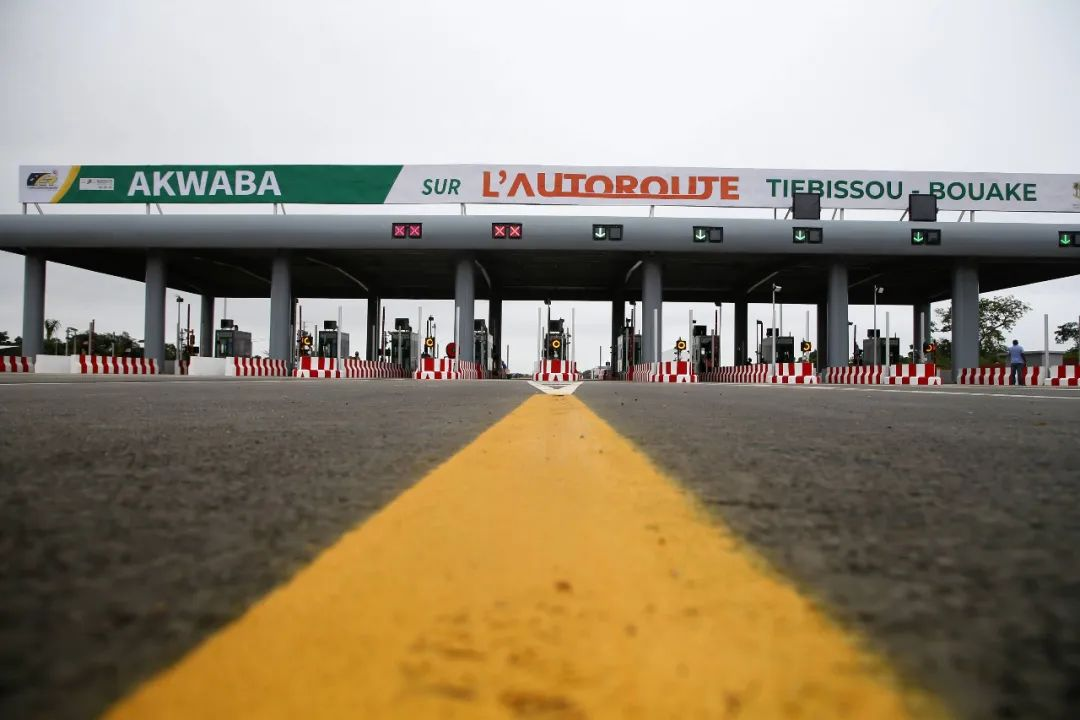
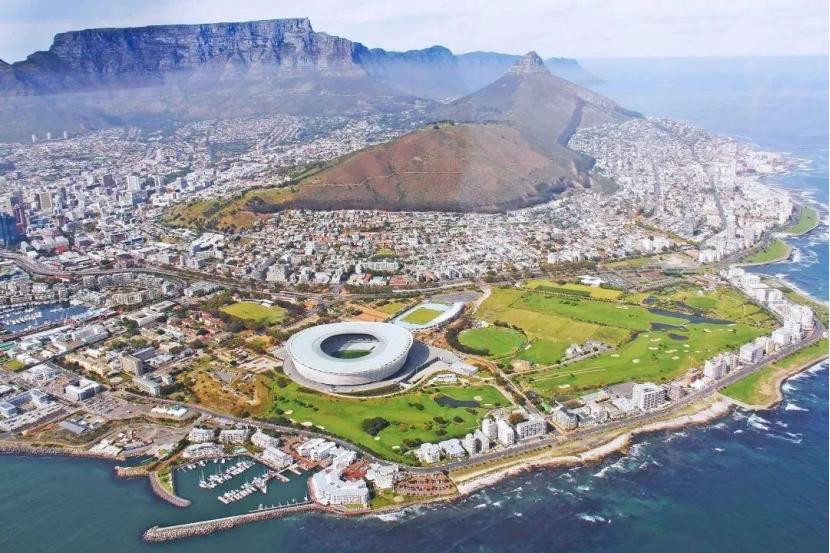
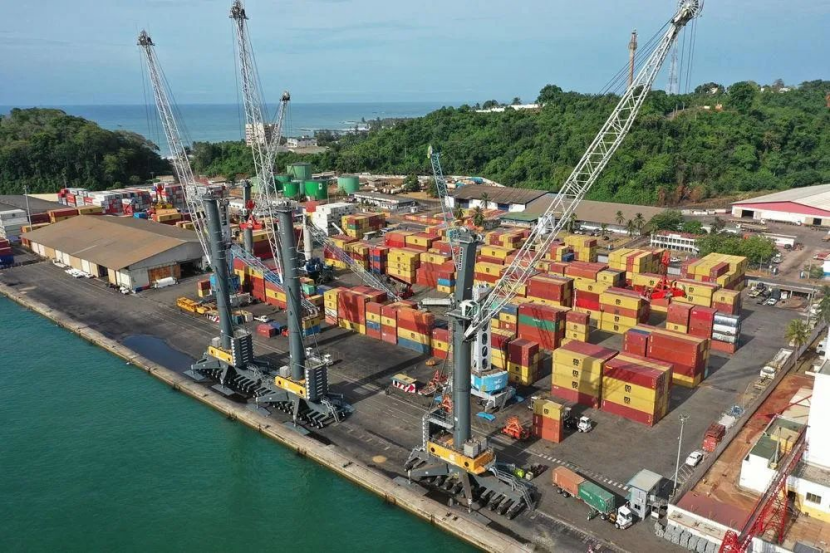
Ivory Coast 2025 panorama: population surge, cocoa shock, and tourism ambition
The fluctuation of black gold affects global chocolate prices, and this West African country is quietly transforming In the hot August, the economic data of Cote d'Ivoire is affecting the nerves of chocolate manufacturers worldwide. The latest report shows that the "Cocoa Kingdom", which accounts for 40% of global cocoa production, experienced a 31.2% year-on-year drop in grinding volume in July, triggering severe price fluctuations in the international market. Behind this, a broader development landscape is unfolding in this West African country. National Sketch: The Power of Youth In 2025, the bottom of the Population Pyramid of Cote d'Ivoire will be wide. The total population has exceeded 32.71 million, of which children account for 40.46%, the working age population accounts for 56.89%, and the elderly population over 65 years old only accounts for 2.65%. This population structure results in a dependency ratio of 75.8% - on average, every 4 young people need to support 3 elderly or children. This country is rapidly expanding at an annual growth rate of 2.43%, and it is expected that by 2034, the working age population will exceed 60% of the total population for the first time, providing abundant human resources for economic development. Economic Pulse: The Shake of Black Gold As the world's largest cocoa producer, Ivory Coast's every move affects the global market. In the first half of 2025, the country's ports exported a total of 1.613 million tons of cocoa beans, a year-on-year increase of 1.1%. This data has raised doubts from the International Cocoa Committee (ICCO), suggesting that there may be weighing and measurement deviations. The data for July is even more worrying: cocoa grinding volume plummeted by 31.2% year-on-year. The grinder attributed the reason to the decline in cocoa bean quality and the sluggish mid-term crop yield. This news directly triggered severe fluctuations in global market prices - cocoa trading prices in London and New York once rose by 8% in a single day, but then plummeted by 16% -18% due to weather factors. In addition to cocoa, the cotton industry is also experiencing favorable conditions. The expected cotton production for the 2024-2025 season is 367000 tons, a year-on-year increase of 6%. The government has allocated 8.6 billion CFA francs (approximately 14.2 million US dollars) to subsidize farmers, while maintaining a stable purchase price of 310 CFA francs (0.51 US dollars) per kilogram for seed cotton. Another major strategy in the agricultural sector is the rice self-sufficiency plan. The newly established Rice Planting Promotion Department announced that it will achieve self-sufficiency in rice by 2025 and enter the export market by 2030. At present, Cote d'Ivoire needs to spend 300 billion Spanish francs (approximately 457 million euros) annually to import rice, which will significantly reduce foreign exchange expenditures. Tourism Ambition: Targeting the Top Five in Africa The government of Cote d'Ivoire is implementing the "Magnificent Cote d'Ivoire" strategy, planning to invest 4.88 billion euros through 9 major projects and reforms to make the country the fifth largest tourist destination in Africa by 2025, attracting 5 million international tourists. The data shows that the country's tourism development momentum is strong: between 2016 and 2018, the number of tourists jumped from 3.08 million to 3.94 million, an increase of 22%, generating 1.68 billion euros in revenue. However, tourists need to pay attention to season selection - May is hot and rainy, with an average temperature of up to 34 ℃ and a perceived temperature of up to 40 ℃. The monthly precipitation is about 140 millimeters. The local dew point index shows obvious discomfort, with a humidity index of 45, which may greatly reduce the travel experience. Livelihood Investment: A Budget Blueprint of 15 Trillion West Francs In 2025, the government budget of Cote d'Ivoire reached 1.534 trillion Spanish francs (approximately 25.146 billion US dollars), an increase of 11.8% year-on-year. These funds will be focused on: Education research and development (20.8%): Invest 50.6 billion West Francs to strengthen the basic education system, build Odienne University and 4 high schools Infrastructure (18.4%): The Abidjan urban transportation project received 46.1 billion CFA, while the Boboli hydropower station received 44.7 billion CFA Economic Development (16.5%): Key Support for Industrial and Commercial Development Healthy society (10%): 63 billion West dollars allocated to health nutrition and early childhood development programs These investments focus on long-term development, aiming to provide better education and employment opportunities for young people, and alleviate the pressure of dependency ratio. Traveler's Guide: When is the Best Time to Visit For tourists planning to visit this West African country, January is the best choice. At this time, it is in the middle of the dry season with low precipitation and humidity, making it suitable for visiting tourist attractions and natural parks. And June is the most unsuitable month for travel - the peak of the rainy season leads to road flooding and limited outdoor activities. Cultural experiencers can choose from December to January, when festivals are intense; Beach enthusiasts are suitable to visit from January to February; Tourists who pursue a peaceful atmosphere are suitable for traveling during the off-season from September to October. Walking between the economic data and weather charts of Cote d'Ivoire, the poor harvest of cocoa beans is affecting the nerves of the international market, and a budget of 15 trillion CFA is reshaping the future contours of this country. As more than 40% of the 32.71 million population of teenagers gradually grow into the workforce, the development potential of this West African country cannot be underestimated. Travelers planning to visit should avoid the muggy rainy season in May and the rainstorm peak in June, and feel the vibrant heartbeat of this land in the sunshine of dry season.
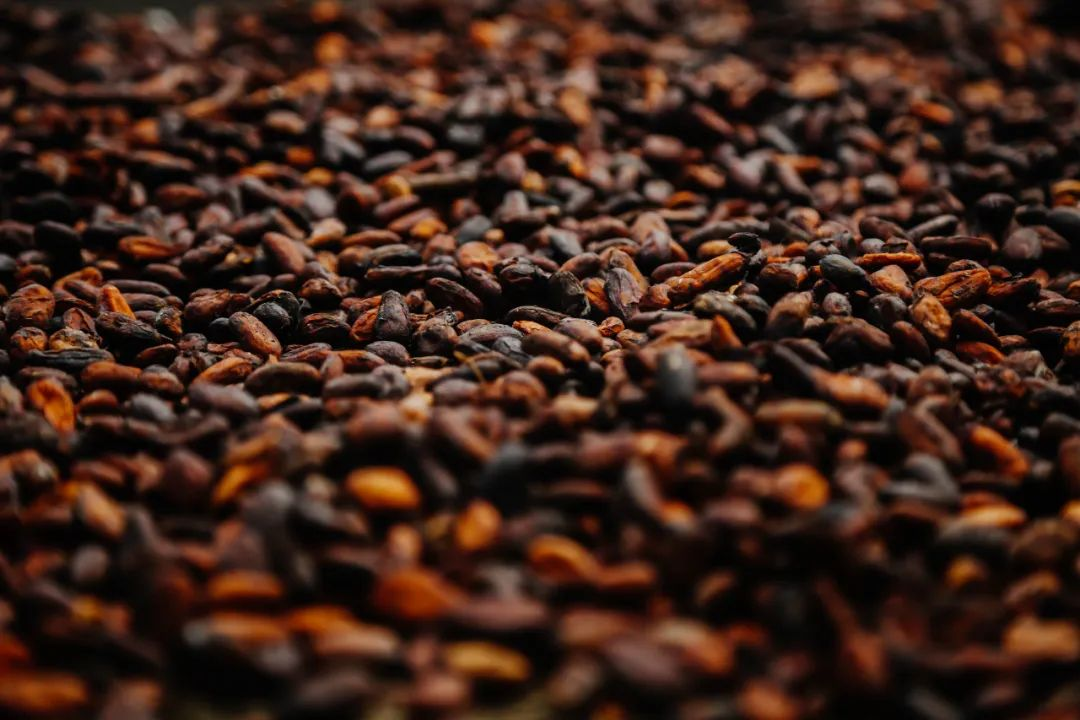
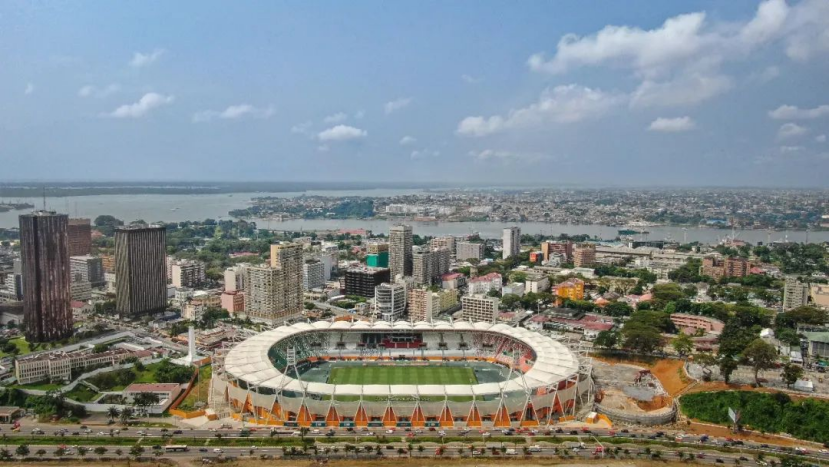
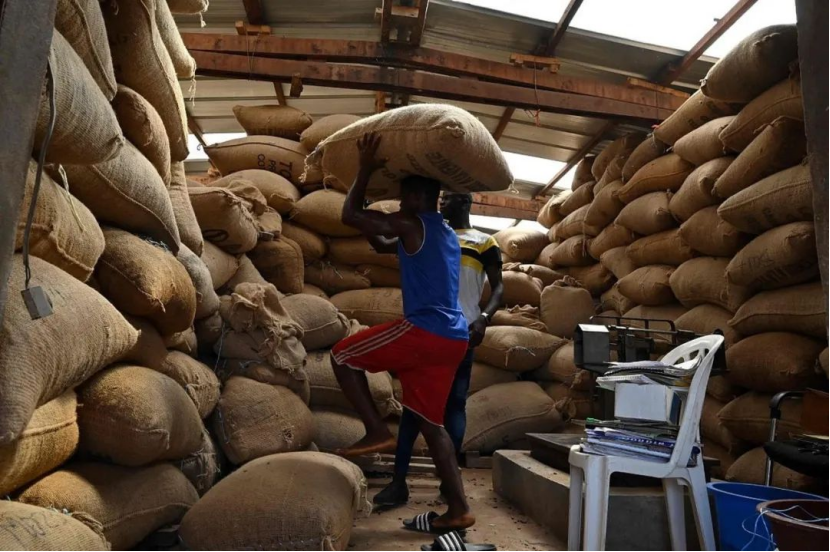
The fingertip revolution on the African continent: laptops, not just "luxury goods"?
Electricity shortage, high prices, and unstable networks How can the notebook market in Africa break through amidst numerous challenges? Local innovation is quietly rewriting the rules! When it comes to technology products in Africa, many people first think of feature phones. But you know what? A "fingertip revolution" around laptops is quietly emerging on this vast continent. It is not just a tool, but also a key to connecting the world, empowering individuals, and driving development. Challenging: The Distance between Dreams and Reality The takeoff of the African notebook market is not an easy road: Electric tigers block the way: Stable power supply is a luxury. Frequent power outages have greatly amplified the battery life anxiety of laptops, with UPS (uninterruptible power supply) and even generators becoming "standard equipment". The "price mountain" is difficult to climb: import taxes, logistics costs, and intermediaries are increasing layer by layer, making the prices of mainstream brand laptops far exceed the global average level. For most ordinary families and students, a new laptop is a savings of months or even years. The 'internet divide' remains to be filled: even with computers, high-speed, stable, and affordable internet connections are still scarce resources. The dreams of online learning and remote work are often interrupted by slow internet speeds. Difficulty in last mile delivery: The vast territory and underdeveloped infrastructure make logistics a huge challenge. Delivering a computer safely and promptly to remote users is costly. The way to break through: local wisdom shines brightly Faced with these 'roadblocks', Africa has demonstrated astonishing resilience and innovation: The golden track of 'second-hand renovation': The huge second-hand/refurbished notebook market is thriving and has become the main force in meeting demand. Local companies are rising, establishing professional renovation, quality inspection, and warranty systems to provide cost-effective options. Safaricom in Kenya has launched a highly competitive refurbished laptop package. New model of "sharing economy": Community technology centers, shared office spaces, and upgraded versions of internet cafes (providing high-performance computers and professional software) have sprung up like mushrooms after rain. Pay by the hour, allowing more people to access and use computers at low cost. Innovation centers in countries such as South Africa, Nigeria, and Kenya have become incubators for young people to access advanced technologies. Localized solution: Born for 'electricity': Manufacturers and retailers place greater emphasis on long-range models and even bundle them with solar charging panels for sale. Some locally assembled/OEM products are starting to consider local power adaptation requirements. Hardcore durability: Considering high temperatures, dust, and other environmental factors, more emphasis is placed on the durability and ease of maintenance of the product. Installment payments are prevalent: flexible financial solutions such as "buy now pay later" greatly reduce the purchase threshold, especially among students and white-collar workers. Government and NGO push: Some countries are promoting educational informatization by purchasing laptops in bulk for schools. International organizations and non-governmental organizations send computers to schools and communities through donation projects. Infinite Opportunities: The Blue Ocean of the Future Although the challenges are great, the opportunities are even more tempting: The demographic dividend of youthfulness: Africa has the world's youngest population structure, strong demand for education and digital skills, and is a long-term driving force for the laptop market. The rapid development of digital industries such as e-commerce, fintech, content creation, and outsourcing services has led to a surge in demand for productivity tools (laptops). Globalization of remote work: More and more African talents are participating in global remote work, and reliable laptops are in high demand. Local manufacturing/assembly sprouts: In order to reduce costs and meet specific needs, some countries have begun to explore local assembly lines. Although the scale is still small, it represents a direction. Not just computers, but also 'connectors' In Africa, the significance of a laptop goes far beyond the tool itself: The ladder of educational equity: giving children in remote areas the opportunity to access high-quality online educational resources. The engine of entrepreneurship and innovation: Countless young people use it to write code, design products, operate online stores, and ignite their entrepreneurial dreams. Window connecting the world: breaking geographical barriers and integrating African voices, culture, and wisdom into global dialogue laptop market in Africa is a vivid textbook for finding vitality in adversity and stimulating innovation under constraints. It is no longer a simple consumer market, but a testing ground for the collision and integration of local intelligence, global technology, and unique needs. When 'electricity anxiety' meets' solar solutions', when 'high prices' meet' sharing economy 'and' ecological renovation ', what we see is the unique vitality and potential of the African market. In the future, whoever can truly understand the needs of this continent and provide more durable, energy-efficient, affordable, and localized solutions will be able to ride the waves in this hopeful 'blue ocean'.
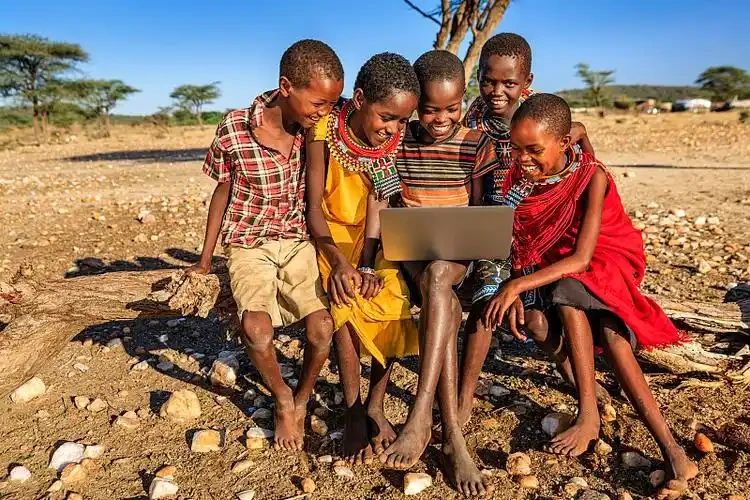


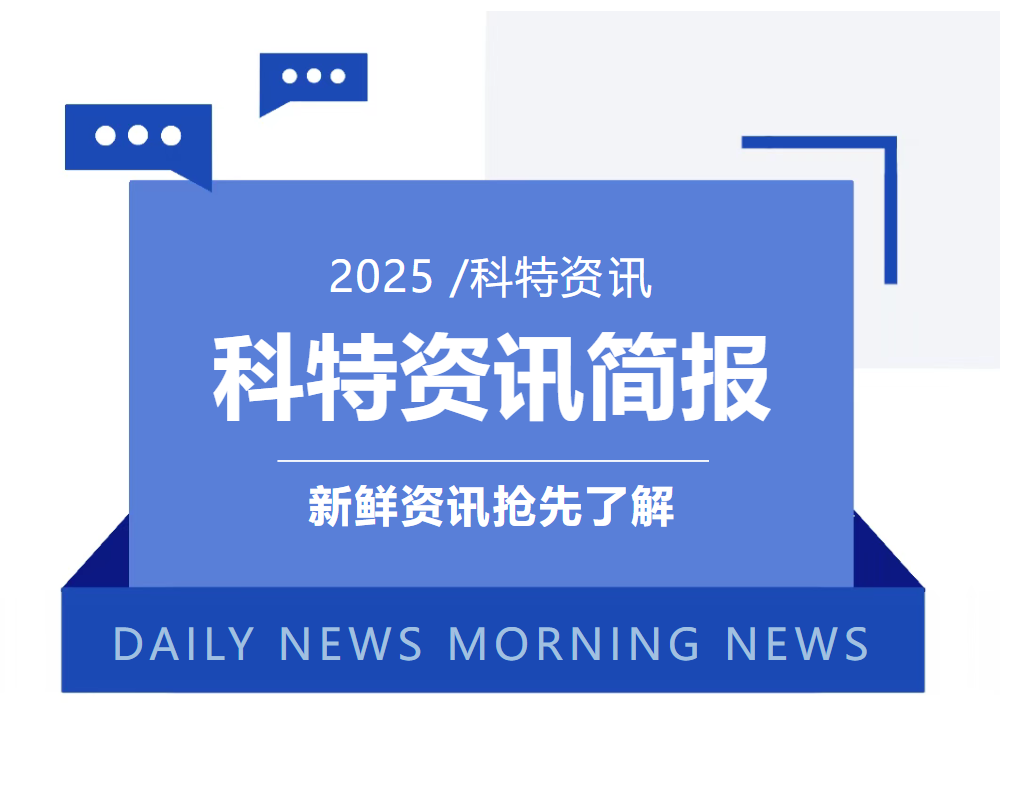
Ivory Coast's first localized photovoltaic power station starts construction
Ivory Coast's first localized photovoltaic power station starts construction On August 6th, the West African Economic Portal reported that on August 5th, the Ivorian government signed an agreement with Infinity Power to build two photovoltaic power plants in the Bafing area located in northern Corsi. The two photovoltaic power stations have a total installed energy of 108.3MW and are expected to be put into use in the first quarter of 2027. This project is a bidding project under the framework of the World Bank's development of photovoltaic projects, which includes the construction of two solar power stations, Touba 58.6MW and Laboa 49.7MW, each covering an area of 50 hectares and constructed and operated in a BOOT manner. The winning bidder Infinity Power will finance, construct, and have a 25 year operating right for the project, which will be transferred to the scientific party for responsibility. Infinity Power, a joint venture between Egypt's Infinity Energy and Abu Dhabi's Masdar, has constructed a 158.7MW wind power plant in Senegal, marking the first time a project has been undertaken in the country. The Bonduku (50MW) solar power station, previously promoted by AMEA Power, has also signed a supplementary agreement. Ivory Coast plans to achieve an installed capacity of 925 MW for solar power plants by 2030. A new cocoa processing plant with an annual processing capacity of 36000 tons has been completed in Divo, Ivory Coast On August 4th, the Abidjan portal website reported that on August 2nd, the Ivory Coast cocoa processing plant held a completion and unveiling ceremony, attended by the Minister of Science, Trade and Industry, the Minister of Equipment, the Minister of Vocational Education, the President of the Coffee Cocoa Committee, and the President of the Science Union. The cocoa processing plant has an investment of 32 billion CFA (approximately 57 million US dollars), an annual processing capacity of 36000 tons, and can create 1000 job opportunities. It can produce cocoa derivatives such as butter, cocoa butter, cocoa powder, cocoa chunks, and chocolate. The factory also uses solar power and biomass boilers to reduce fossil fuel consumption by utilizing cocoa bean waste. Ivory Coast has become the world's largest producer of cocoa primary processing, with a crushing capacity of 950000 tons and an annual output of around 750000 tons after processing.
WeChat official account "Centre African Trade (CAftrade)"
2025/08/13 06:55:39
African cross-border e-commerce mining, three major 'life and death disasters' and ways to break through the situation
With ever-changing policies, expensive logistics, and lagging payments, this blue ocean of 1.2 billion people is becoming a "painful yet happy place" for global sellers When over 80% of international sellers on Jumia come from China, and 35% of the South African women's clothing market is seized by SHEIN - African e-commerce may seem to be full of gold, but in reality, it is full of hidden dangers. Policy changes, sky high logistics prices, and delayed payments are causing countless cross-border sellers with gold mining dreams to fail. Policy minefield: Assault on taxation and compliance crisis 1. Tariff 'grey rhino' raid Sri Lanka Warning: In April 2025, Sri Lanka Customs cancelled the fixed tax system for small packages and changed it to taxation based on HS codes, resulting in a delay in customs clearance time from days to weeks and a peak backlog of 40 tons of packages. The shipping cost of an ordinary hat skyrocketed to 17000 rupees (about 380 RMB), equivalent to two weeks' salary for the local ordinary people. South African policy encirclement: The government plans to raise the clothing import tax from 20% to 45%, and strictly investigate platforms such as SHEIN for "using small tariff exemptions to avoid taxes". Consumers often encounter "secondary charges": paying taxes and fees after the goods arrive before they can be picked up. 2. The rise of local protectionism Industry associations in multiple African countries are lobbying governments to raise tariff barriers. For example, the South African clothing industry has requested a 300% -400% increase in import tariffs to counter the low price impact of Chinese goods. Logistics Black Hole: Inefficient Customs Clearance and "Last Mile" Skyhigh Cost Nigeria's customs clearance efficiency plummeted sharply: CTN system requires complete documents, and information deviation triggers inspection, with an average customs clearance cycle of 5-7 days. Ivory Coast: In 2025, new regulations require electronic declaration 72 hours in advance, and those who exceed the deadline will face demurrage fees and priority downgrades. The cost of the last kilometer is abnormally high The final delivery cost in Africa accounts for 35% -55% of the total goods price (global average of 28%), and the core issue lies in: Missing address system: In rural Kenya, it is necessary to contact the recipient through WhatsApp to confirm the landmark, which increases the delivery time for a single ticket by more than 20 minutes; Fragmentation of transportation capacity: Jumia established a crowdsourcing network of 5000 riders in Nigeria, while BUFFALO set up 2000 self pickup containers in South Africa, which increased the delivery rate from 50% to 85%. Profit dilemma: a life and death game between high costs and low customer unit prices Local platforms are deeply mired in losses Jumia: Continuously losing money for 11 years, exiting inefficient markets such as South Africa in 2024; Takelot suffered a loss of $22 million in 2023, with GMV growth plummeting from 72% to 15%. High threshold for seller operation Storage costs: Storage costs in African countries are generally higher than the average living standards of local residents; Long stocking cycle: Local platforms require local stocking, which can take up to 2-3 months, putting pressure on the financial chain of small and medium-sized sellers; Low unit price is not profitable: low-priced products lack market competitiveness, with home appliances and 3C becoming the main profitable categories. The way to break through: localization, compliance, and ecologicalization Logistics: mixed transportation capacity+digital customs clearance Mixed capacity network: Jumia Logistics integrates flexible capacity such as motorcycles and bicycles, reducing urban delivery to 24 hours; Customs clearance pre-approval system: GO POST project, a collaboration between non trade cross-border and Ivory Coast Post, reduces intra city delivery costs by 20% through digital scheduling. Payment: Embracing the Digital Financial Revolution in Africa The African Free Trade Area (AfCFTA) promotes the upgrade of cross-border payments: Nigeria: 60% of small and medium-sized enterprises use tools such as Flutterwave to complete cross-border payments; Kenya: M-Pesa achieves payment interconnectivity in East Africa. Policy: Transfer Path+Compliance Custody Tariff avoidance strategy: Transit through some ASEAN countries (Malaysia/Singapore to Sri Lanka and then to the destination country), and use the ASEAN trade agreement to reduce tariffs; Full chain compliance service: Avoiding platform penalty risks through tag design and authentication coaching. Operation: High customer unit price+local warehouse distribution Product selection strategy: Focus on high order and low return categories such as home appliances and refurbished computers, avoiding the trap of light and small items; Overseas warehouse layout: Establish overseas warehouses locally and deploy a transportation network to achieve local last mile speed. African e-commerce is not a paradise for low-priced dumping, but the ultimate test room for policy sensitivity and localization depth. When global giants and local platforms are in close combat on the battlefield of 1.2 billion people, only by deeply integrating China's supply chain advantages with Africa's localization genes can we navigate through the minefield.
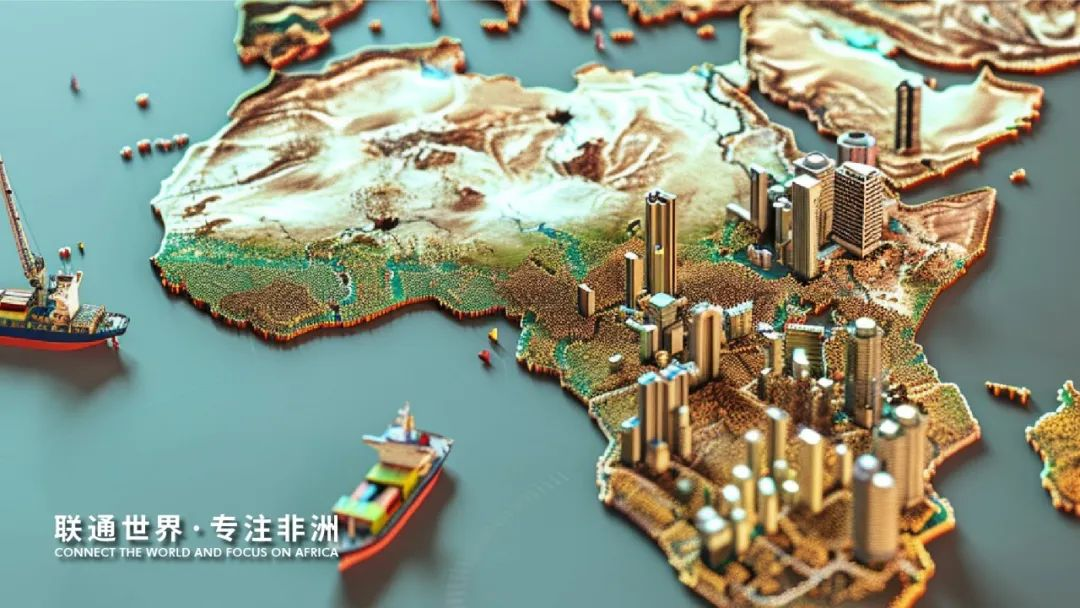
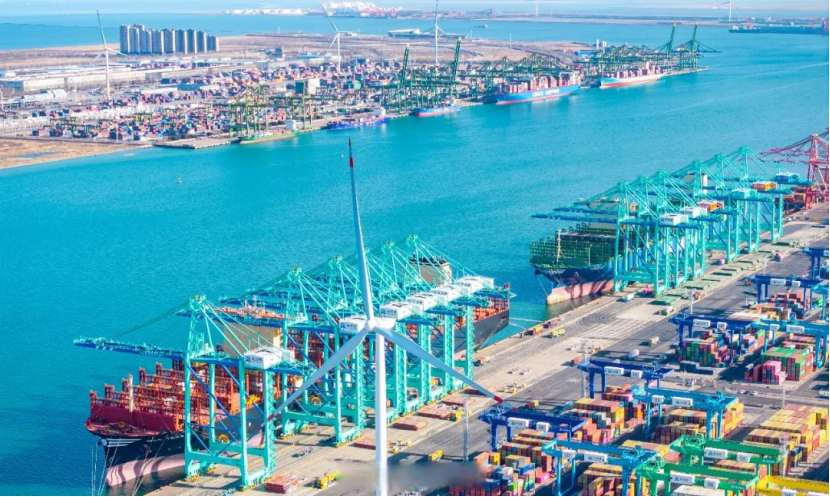
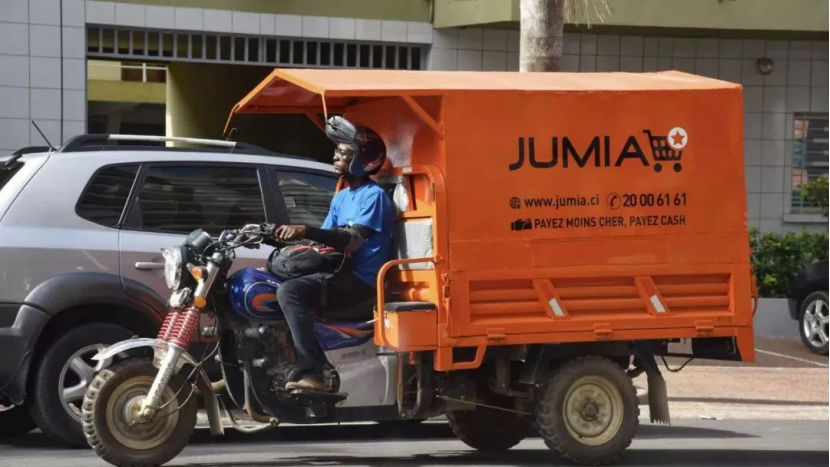
30% Heavy Tax on Africa in the United States! Accelerated restructuring of trade map
Trump's tariff order shakes the African continent! The executive order signed on July 31st imposes tariffs on 69 trading partners, including many African countries, leaving Africa with less than a week of buffer period (effective August 7th). The assembly line of a car parts factory in Johannesburg, South Africa, fell into an unusually quiet state. The heavy hammer of a 30% tariff in the United States fell, causing a sharp decrease in orders and forcing workers to return home early. The South African government warns that 30000 job opportunities are at risk. In sharp contrast, coffee farmers in Ethiopia are eagerly packing coffee beans for shipment to China. Faced with a 35% impact on exports from the 10% tariff imposed by the United States, the largest coffee producing country in Africa is firmly shifting its focus to the East and plans to expand its market to 20 countries. Disaster stricken areas: South Africa unemployment tsunami, Lesotho's' unheard of 'pain South Africa, as the most severely impacted country in sub Saharan Africa, is subject to the highest tariff of 30% in sub Saharan Africa. South African Minister for International Relations and Cooperation Ramora warns that this policy may lower the South African economy by 0.2 percentage points. Hamilton, Director General of the South African Department of Trade, Industry and Competition, bluntly stated that "pillar industries such as automobile manufacturing and agricultural product processing will be dealt a devastating blow!" The data is shocking: in the first quarter of 2025, the unemployment rate in South Africa has soared to 32.9%, and the youth unemployment rate has reached 46.1%. The situation in Lesotho is tragic. This landlocked small country, which heavily relies on textile exports, ultimately received tariffs reduced from 50% to 15%, but the initial shock wave has caused thousands of people to lose their jobs. Prime Minister Matt Kane was forced to declare a two-year state of disaster for the country. Ironically, Trump publicly referred to Lesotho as an "unheard of country". Africa Strikes Back: Market Diversification+Regional Alliances, Seeking New Paths of Life South Africa urgently launches the 'Export Enterprise Support Platform', with President Ramaphosa personally deploying three major measures: Establish a 24-hour exit service desk Initiate emergency assistance program for enterprises Implement employment protection plan The strategic core directly refers to market diversification. South African Minister of Mines and Petroleum Resources Mantashe firmly stated, 'Our biggest trading partner is China, not the United States!' The government is making every effort to explore emerging markets such as China, Thailand, and the United Arab Emirates. Ethiopia staged a 'coffee breakout battle': Consolidate traditional markets such as Germany, Italy, Japan, and China Entering emerging regions such as the Middle East New fiscal year goal: Expand coffee exporting countries to 20 The African Continental Free Trade Area (AfCFTA) has become a key trump card. This agreement, which covers 55 countries and aims to eliminate 90% of tariff barriers, is creating a single market for 1.3 billion people and becoming a shield for Africa to resist external storms. Coffee crisis: Ethiopia blocked by Red Sea, Uganda rises against the trend Ethiopia (the world's fifth largest exporter of Arabica coffee) has suffered a precise blow: 10% US tariff ≈ 35% evaporation of export value Heavy blow to the record breaking annual export value of 2.65 billion US dollars Although there is a miracle of explosive sales (with revenue exceeding 2.24 billion US dollars within 11 months) But the Fano armed forces control the Amhara region and the Red Sea shipping crisis, like two sharp swords hanging from the top Uganda has achieved a historic breakthrough: Double revenue to $2.2 billion in 2024/25 In May 2025, the export volume exceeded Ethiopia for the first time (47606.7 tons vs 43481.0 tons) Success password: ▶️ Government led quality upgrade ▶️ Expand export capacity ▶️ Launch the 'Coffee Roadmap': Target 20 million bags by 2030, with an annual revenue of 15 billion When Ethiopia struggles in the midst of war and shipping difficulties, Uganda achieves' overtaking on the bend 'with precise strategy Light of East Africa: Trade Reversal! Regional cooperation submits full score answer sheet The East African Community (EAC) staged a stunning reversal: Q1 2025: From a deficit of 4 billion to a surplus of 800 million! Exports surged 47.3% to $17.7 billion Imports only slightly increased by 4.6% to 16.8 billion US dollars Secret Weapon: Regional Trade Explosion Internal trade within EAC surged 53.6% ($5.2 billion) Intra African trade → increased by 53.9% (9.5 billion US dollars, accounting for 27.5% of the total) This proves the effectiveness of eliminating trade barriers! "Emphasized the EAC communiqu é. In the midst of global trade turbulence, East Africa has set a regional self rescue example for the rest of Africa. China's Opportunities vs. Independent Path: Zero Tariff Dividend and AfCFTA's Future Emergency opening of Chinese buffer valve: 2023: Suspend non-tariff tariffs By 2025, 53 African countries with diplomatic relations will enjoy 100% zero tariffs The scale of trade continues to expand: ▶️ In 2023, exports to Africa amounted to 148 billion US dollars ▶️ Africa exports over 110 billion US dollars to China Ghanaian economist Menza affirmed, "This provides crucial support for Africa to hedge against the impact of the United States But the reef still exists: ⚠️ South African researcher Lesvolo warns: 'Without protective policies, low-priced Chinese goods may stifle emerging industries in Africa!' ⚠️ Deeper crisis: China's exports are still mainly based on raw materials, which may strengthen the dependence chain of the "resource curse" The key to Africa's path to autonomy: AfCFTA Economist Levane exclaimed, 'This crisis reminds us that we must forge endogenous resilience!' If we can activate the market potential of AfCFTA's 1.3 billion population, Africa can truly break free from 'colonial economic dependence'. The heavy hammer of US tariffs shattered the old chain, but also awakened the African continent: Look east and seize the opportunity of zero tariffs in China; Inward search, activate the billion dollar market of AfCFTA; Accurately positioning itself in global gaps, like the wild growth of Ugandan coffee. When a door is violently closed, a new window is being smashed open by flesh and blood—— This time, the key is in Africa's own hands.
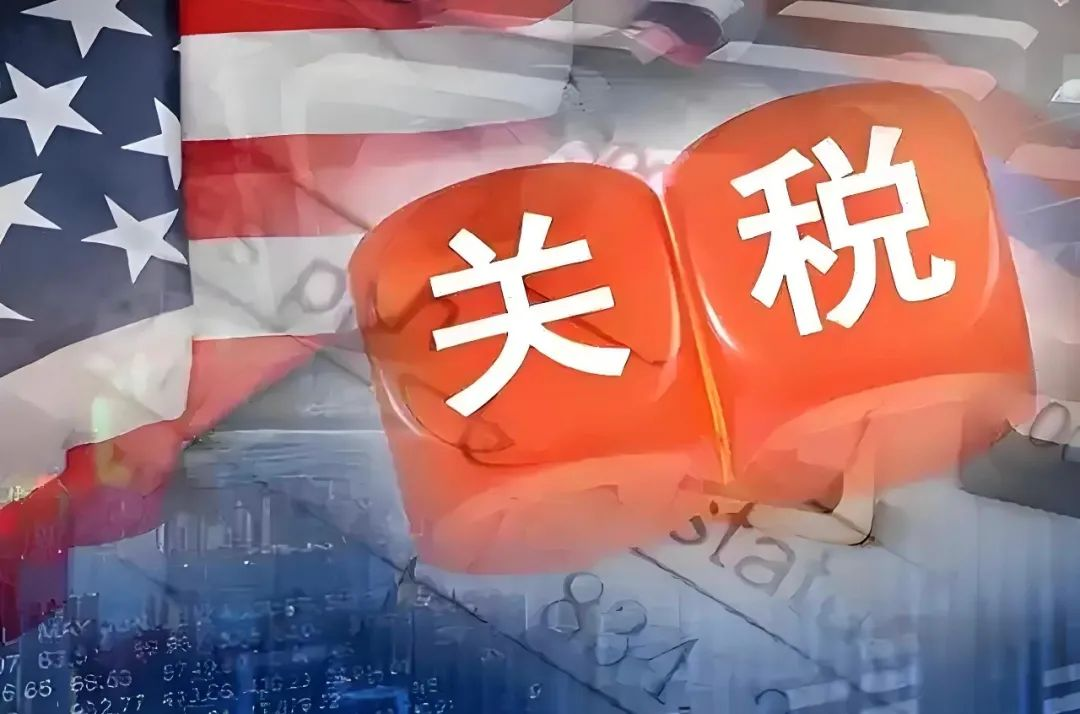
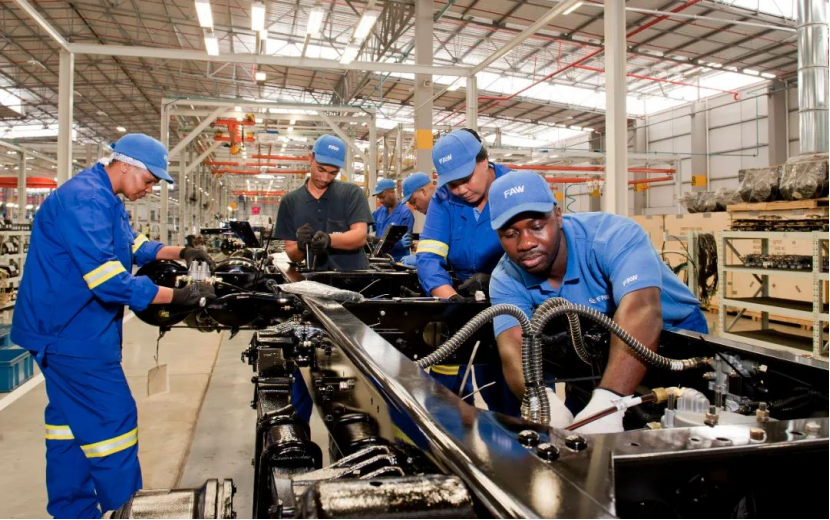
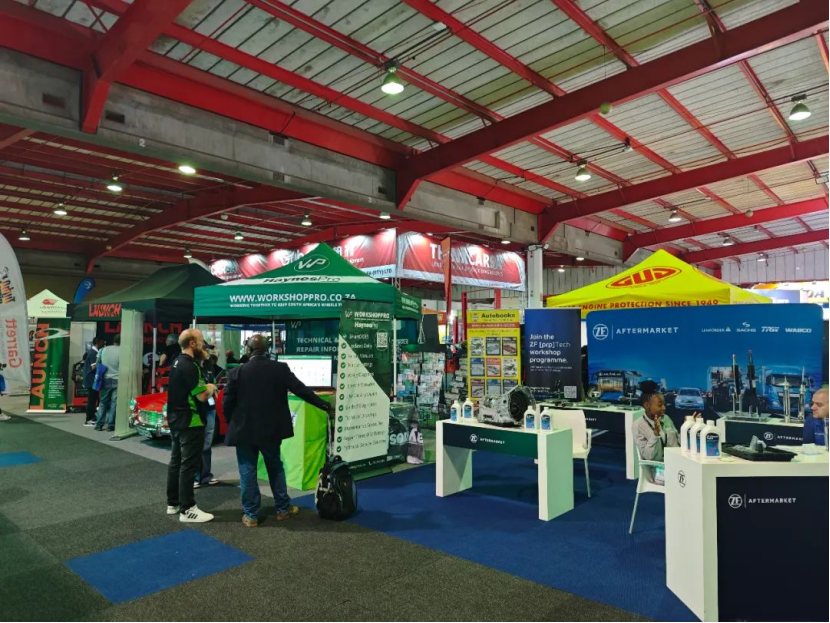
Food is paramount to the people - an opportunity for importing African food
Food imports play a crucial role in shaping the economic and cultural landscape of Africa. From an economic perspective, food imports have a dual impact. On the one hand, it provides opportunities for local businesses involved in distribution and retail; On the other hand, it helps to stabilize food prices and ensure that people of different income levels can afford food. It is expected that by 2025, Africa's import bill will exceed $110 billion, and the strategic importance of food imports as an economic driver and cultural bridge is self-evident. These imported foods not only meet the basic nutritional needs of residents on the African continent, but also bring new cooking experiences and enrich the culinary world of Africa. The harmonious coexistence of tradition and modernity The process of food consumption in Africa is a rich and colorful narrative, in which traditional and modern elements are intertwined. From Nigeria's jollof rice to Namibia's dried meat strips, local agricultural products carry profound cultural significance and regional characteristics. With the wave of globalization sweeping across, imported foods such as Italian pasta and Chinese grains are frequently appearing on African dining tables. These new members not only inject new vitality into African food culture, but also meet consumers' pursuit of fresh flavors and diverse experiences. In this fusion, Africa has not lost itself, but has created a unique culinary art through the clever combination of imported food and local ingredients. Imported goods not only fill the gap in the local supply chain, but also play an important role in special periods such as climate disasters or seasonal shortages. At the same time, this integration has also prompted African consumers to become more open and inclusive, deepening their understanding and appreciation of international cuisine. The trend leads to a new trend in food. With the acceleration of urbanization in Africa and the rise of the middle class, the number of people is expected to increase by 17 million by 2043, reaching 91.4 million. Global food trends are profoundly affecting the food consumption pattern in Africa. Emerging fields such as processed and packaged food, organic superfoods, and sustainable products are gradually becoming the focus of consumer attention. These changes not only reflect the increasing emphasis of African consumers on health and environmental protection, but also their pursuit of fresh flavors and convenient lifestyles. Tanzania is a good example, as a study in the Journal of Global and Security shows that due to "urban food environments and higher incomes," people who migrate from rural to urban areas are more likely to adopt processed foods. To meet these demands, food companies need to closely monitor market dynamics and consumer trends, and adjust product structure and marketing strategies in a timely manner. At the same time, it is necessary to strengthen cooperation with local producers and supply chain partners to jointly promote innovation and development in the African food industry Chinese food exports to Africa in large quantities due to Africa's relatively lagging manufacturing industry, especially in the field of processed food, with limited variety. Therefore, Africa imported a large amount of processed food from China. For example, influenced by Chinese instant noodle culture, African consumers have gradually fallen in love with this convenient and delicious food. In order to better enjoy instant noodles, many people have even learned how to use chopsticks, which shows the popularity of instant noodles in Africa. However, as the local food processing industry in Africa is still in its infancy, most of the canned foods sold in the market need to be imported. For example, although Nigeria is one of the high-yield countries for tomatoes, due to insufficient processing capacity, the country still needs to import a large amount of canned tomato sauce, with an annual import volume of about 190000 tons. It is worth mentioning that canned mushrooms produced in China are particularly popular in the Algerian market. There are many types of canned products in China. In addition to canned shiitake mushrooms, there are also various types of canned mushrooms such as gray white shiitake mushrooms, shiitake mushrooms, monkey head mushrooms, enoki mushrooms, and big soccer mushrooms. The flavors range from plain, salted, to vinegar soaked. These canned foods have won the love of Algerian consumers due to their delicious, convenient, and hygienic characteristics. Due to its early entry into the market, China's canned mushroom products now occupy approximately 80% of the market share in Algeria. New opportunities for food imports in the digital age Driven by the digital age, the food import industry in Africa is facing unprecedented development opportunities. With the popularity of the Internet and the rise of e-commerce, more and more African consumers have begun to buy imported food through online platforms. It is predicted that by 2025, Africa will add 300 million new internet users, joining the existing 473 million online users. This trend not only provides companies with a broader market space, but also encourages them to constantly explore new business models and marketing strategies. The African Trade Center Network (hereinafter referred to as "Cross border Non Trade") is a leader that emerged in response to this trend. By providing one-stop service support, we have built a close connection bridge between enterprises and consumers. Including business information, business cooperation, import and export of goods, overseas warehousing, international logistics, national exhibition halls, comprehensive bonded industrial parks, etc., to ensure that enterprises' investments can receive maximum returns and social benefits. Intelligent navigation of regulatory maze The continent is composed of 54 countries, each with its unique regulations and cultural background, which makes food imports particularly complex. However, it is precisely this complexity that drives African countries to constantly explore and improve their regulatory systems to ensure food safety and quality. From technical barriers to trade (TBTs) to sanitary and phytosanitary measures (SPS), to tariffs and other trade taxes, these regulations provide clear guidance for businesses while protecting the interests of domestic farmers and consumers. The establishment of the African Continental Free Trade Area (AfCFTA) has brought new opportunities and challenges to food imports. The organization is committed to promoting trade liberalization within Africa and facilitating the free flow of goods and services through unified rules and standards. For food import companies, this means a deeper understanding of AfCFTA's rules and guidelines to ensure that products can enter the market smoothly and comply with local safety protocols. In this complex food import process, non trade cross-border has become an option, simplifying the administrative maze and enhancing reliability. In non trade cross-border, enterprises not only gain a market, but also access a network composed of reliable suppliers and buyers.
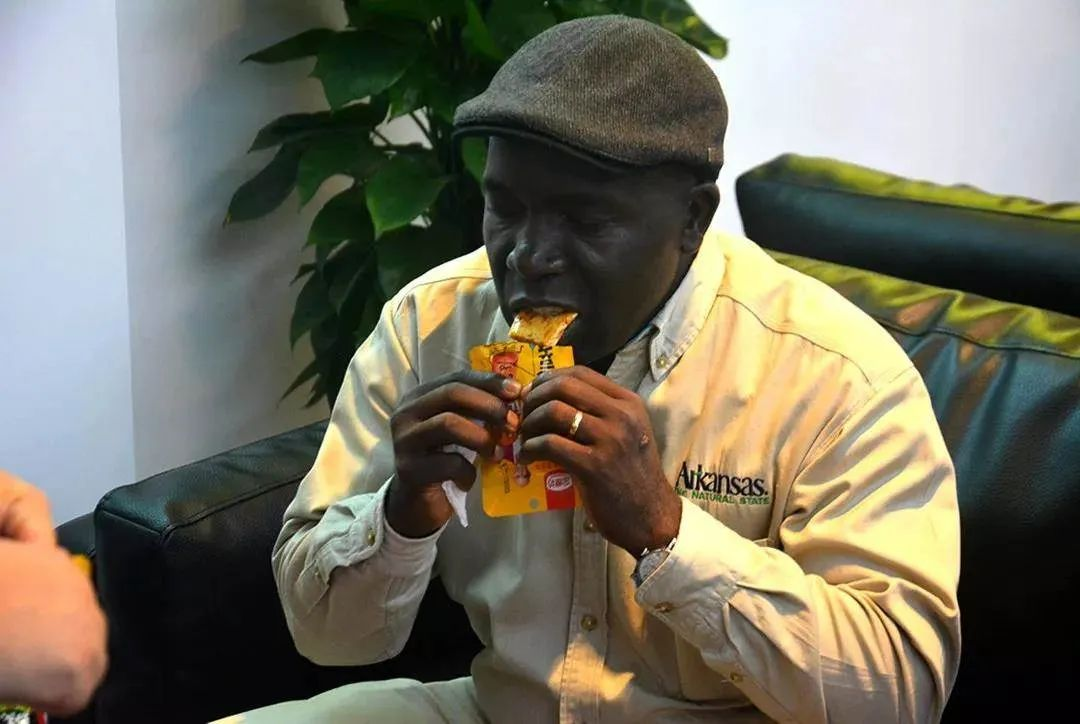

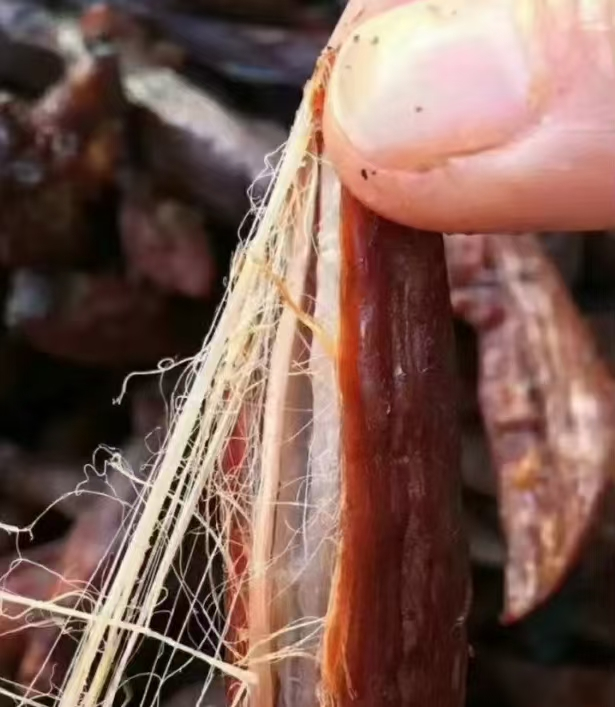
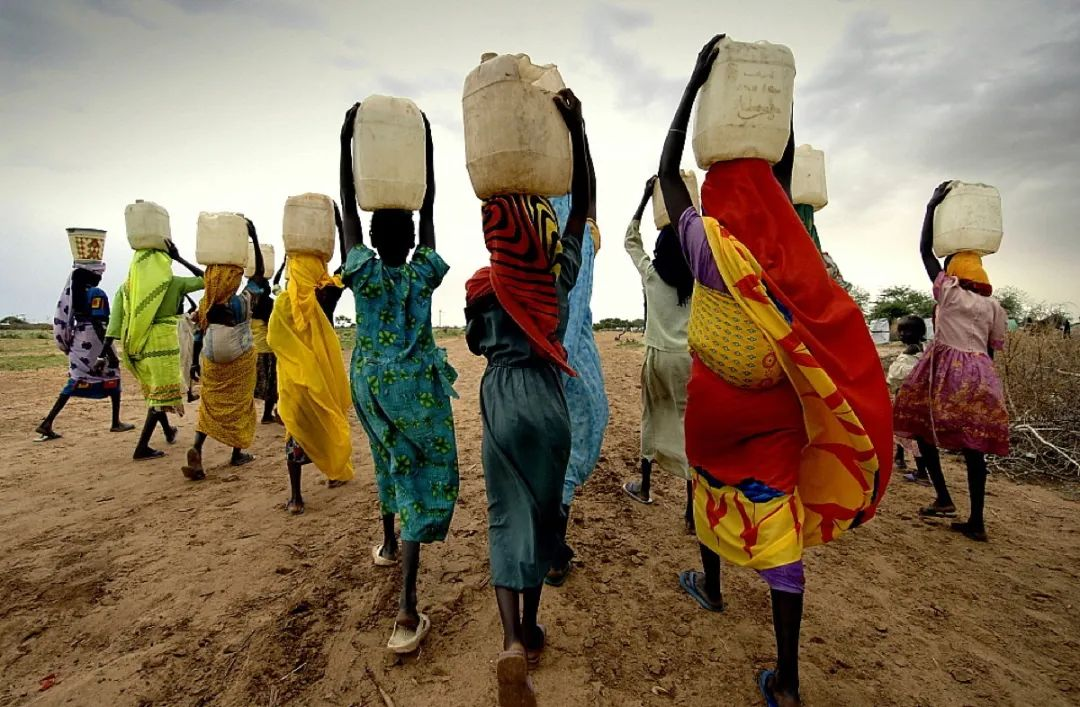
The miracle of African 'top kung fu'! Is this a case of 'hanging up' in the head?
The miracle of African 'top kung fu'! Is this a case of 'hanging up' in the head? When you see a middle-aged woman walking briskly with 20 kilograms of cassava on her head in an African market, or when you see in a short video that your elder brother's refrigerator can still dance the sama dance, do you doubt life: these people's heads are made of titanium alloy? The 'overhead universe' of Africans: From water tank to motorcycle In Africa, heavy objects above the head are not acrobatic performances, but a part of daily life. Have you ever seen an African walking through the streets with a bucket of water, a bag of rice, or even a pot of flowers on their head? The things on their heads can not only be as stable as Mount Tai, but also chat and sing while walking, as if their heads were equipped with an "automatic balancing system". For example, in a market in Tanzania, a girl selling eggs is holding a plate on her head, with eggs piled higher than her head, while her hands are leisurely swinging; On the streets of Nigeria, a young man galloped past with a long wooden pole on his head and the handlebars of a motorcycle in his hands; Even more exaggeratedly, there is an African farmer with a bundle of firewood on their head, weighing as much as a calf. Why can their minds' hang up '? 1. "Iron Head Skill" from a Baby Africans have been trained to carry heavy objects on their heads since childhood. Children start practicing carrying water cans and backpacks at the age of three or four, and this habit continues into adulthood, forming muscle memory and a sense of balance. Just like how we learned to ride bicycles when we were children, after practicing a lot, our brains naturally became "load-bearing tools".2. The "hidden skills" of the spine A study conducted by Harvard University found that when African heads carry heavy objects, the mechanical structure of the spine automatically adjusts, dispersing pressure onto the bones rather than muscles. Simply put, they use their bones to 'carry things' instead of relying on their muscles to support them. It's like when we move boxes, if we're in the right posture, we feel much more relaxed. 3. "Inheritance" of cultural genes This habit has not only emerged in modern times. As early as the pharaoh era in ancient Egypt, Africans developed the skill of lifting heavy objects due to a lack of transportation. Later, this tradition was further consolidated through sacrificial dances in West Africa, such as the Yoruba pottery figurine dance, and eventually evolved into today's way of life. Comparison: Chinese people rely on their shoulders, while Africans rely on their heads In China, we are used to carrying things on our shoulders, and carrying poles and baskets are standard equipment. But in Africa, shoulders have become "idle resources" - their hands are always free, they can fish, chat, and even dance at any time. Data speaks for itself: -The average weight of an African person's head can reach 20% of their body weight (for example, a 50 kilogram person can carry 10 kilograms), while an ordinary person carrying the same weight on their shoulders may "unload" on the spot. Side effects of heavy objects on the top of the head: cervical spondylopathy? It doesn't exist! You may be worried: Will long-term heavy objects on top of your head cause cervical spondylosis? The answer is that the incidence of cervical spondylosis may be lower in individuals who maintain a static downward posture for a long time. Scientific explanation: -African cervical vertebrae are naturally more flexible, and long-term weight-bearing training strengthens the cervical muscles and ligaments; -Their head and neck muscle groups have formed a "dynamic balance" through long-term exercise, which can effectively disperse pressure. On the other hand, we: Office white-collar workers brush their mobile phones every day, and the incidence rate of cervical spondylosis is as high as 30%, while Africans rely on their heads to "work", and instead become "the champion of longevity in the cervical field". The Modern Revelation of Head Iron Culture Behind these 'anti gravity' skills, there are hidden knowledge points of international trade: In remote areas of Africa, overhead transportation remains the most cost-effective "last mile" solution. A Chinese mobile phone manufacturer specially designed fan-shaped packaging boxes suitable for overhead transportation when promoting feature phones in Congo. Cross border e-commerce companies have started researching "head friendly packaging". After all, in some slums in Asia, packages that can be stably placed on top of the head have a conversion rate 2.3 times higher than ordinary cardboard boxes.
WeChat official account "Centre African Trade (CAftrade)"
2025/07/31 01:54:26
How did the "Chinese old clothes" that cost 3 yuan per piece become a street fashion in Africa?
The second-hand economy is no longer a marginal choice in Africa: More than 50% of the population relies on second-hand goods to meet their basic needs. China exports $624 million worth of second-hand clothing to Africa annually, accounting for over 60% of Africa's total imports. In 2021, China has replaced Europe as the largest source of second-hand goods in Africa. When these old objects that cross oceans become dignified choices for African families, there is a profound transformation in survival wisdom, market logic, and global resource allocation behind them. In China, they are called 'outdated'; In Africa, they are called 'just right'. The economic rationality behind price crushing In African street markets, a second-hand Chinese clothing item sells for about 3-10 yuan, while the local new clothes on the nearby shelves are priced at more than ten times that. Economic reality determines consumer choices. More than 30 countries in Africa have a per capita GDP below $2000, and when household budgets are extremely limited, second-hand goods become the optimal solution to maintain basic dignity. Consumer behavior reflects the logic of economics. In the consumption model of low-income households in Africa, there is a formula for calculating "decent value for money": ✅ Expenditure item: Second hand clothing only accounts for 15% -20% of the clothing budget. ✅ Benefit item: Obtain 80% of the wearing life equivalent to new clothes. ✅ Opportunity cost: The saved funds can be redirected towards rigid expenditures such as food and education. Survival wisdom for treating pain points specifically The practicality of second-hand goods in China precisely solves the special pain points in Africa. It is not accidental that polyester fiber school uniforms have become the preferred choice for African workwear: ✅ Wear resistance test: Polyester fiber fabric has higher wear resistance than cotton. ✅ Environmental adaptation: The anti washing and anti moisture properties perfectly match the high temperature and high humidity environment in Africa. ✅ Economic lifespan: The average service life far exceeds that of local new products. The same pragmatic logic extends to more categories. Taking used cars as an example, they also occupy an irreplaceable dominant position in the African automotive market due to their cost-effectiveness and durability in adapting to African road conditions. Many African households and small businesses prioritize second-hand vehicles: ✅ On the one hand, second-hand cars priced at only one-third or even lower than new cars can significantly reduce their travel costs. ✅ On the other hand, mature models that have been verified by the market have more guarantees in maintenance and parts supply, perfectly meeting the local consumer demand for "affordable, long-lasting, and easy to repair". Unexpected premium of cultural symbols On the streets of Africa, young people can often be seen wearing clothing with Chinese characters such as "Ele.me" printed on it. They may not be aware of the specific meanings of these characters, but they see them as' trend symbols from China '. Chinese characters are becoming the social currency of African youth. ✅ Second hand clothing with Chinese characters creates premium space ✅ As a result, the profit margin of second-hand vendors has increased ✅ The number of social media related topics is increasing The migration of cultural symbols reshapes the value of commodities. A typical takeout employee outfit in China has undergone identity transformation in Africa: Labor protective equipment → Street fashion symbols → Identity recognition media Local young consumers have formed a new cognitive formula: Chinese elements=durability+cultural taste

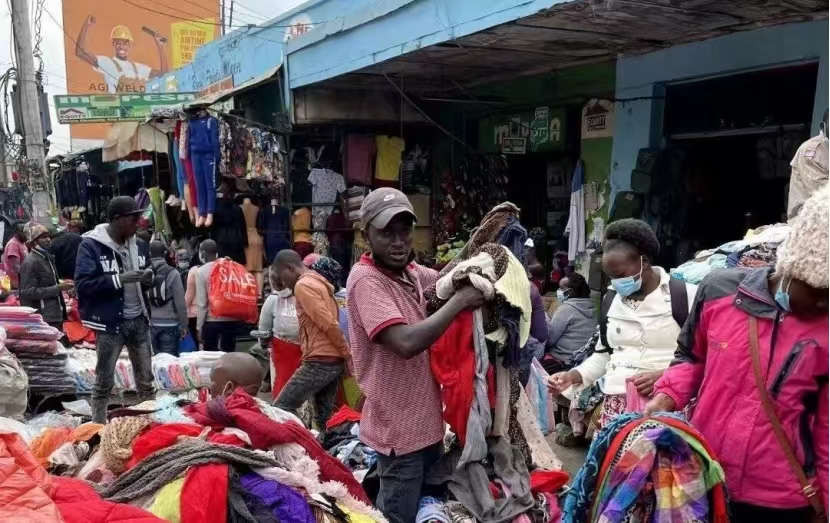
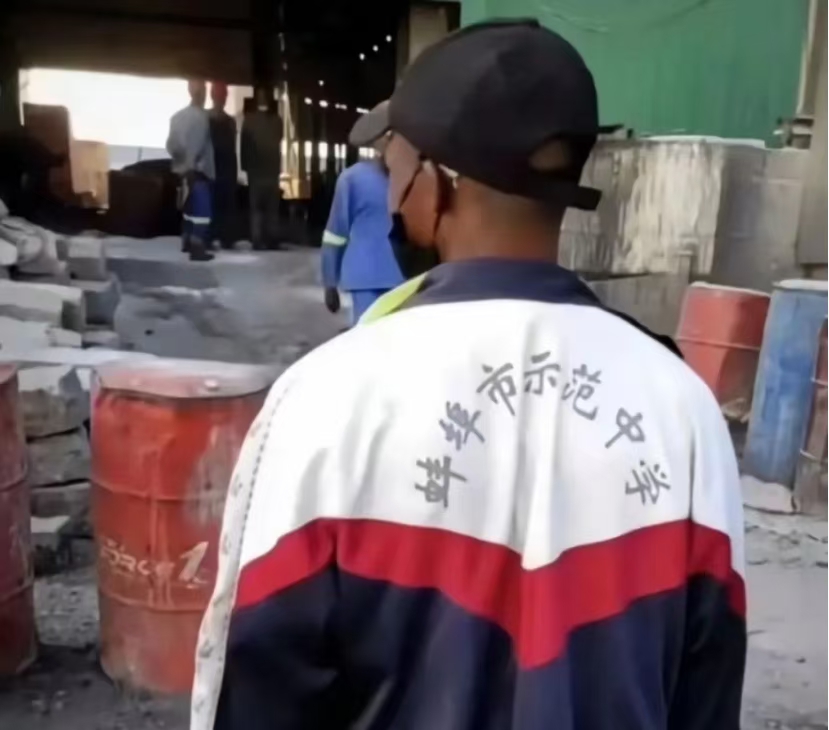
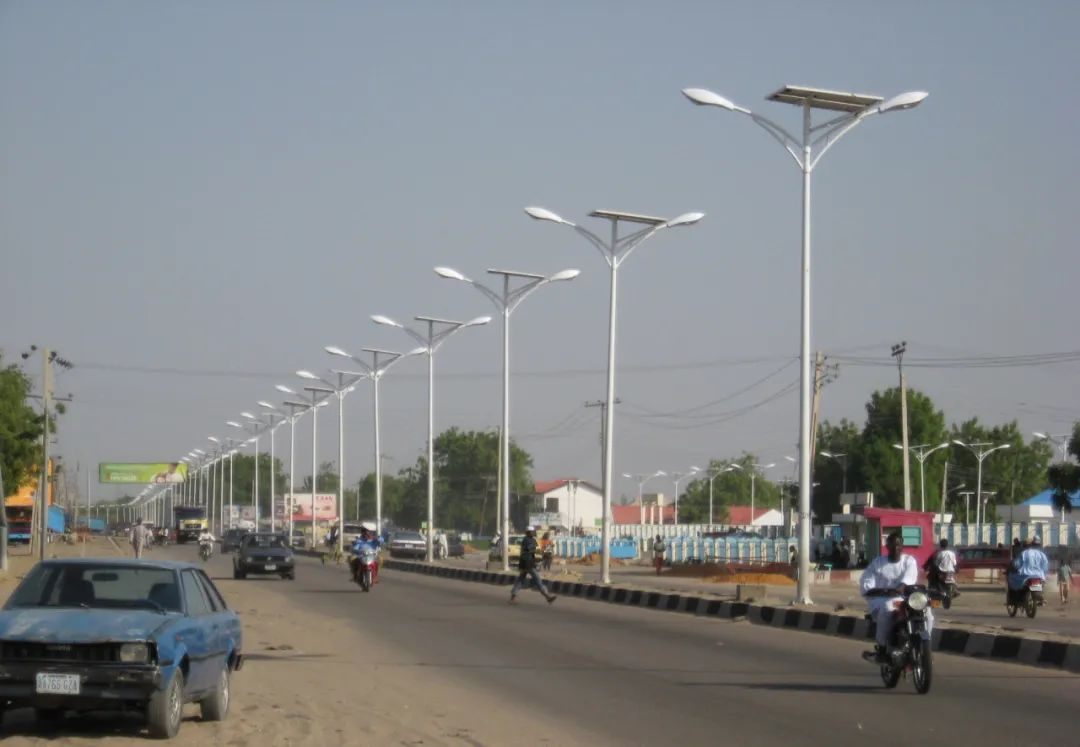
Quick overview of African news: Ivory Coast's transportation, environmental protection, and multi-dimensional economic acceleration
Quick overview of African news: Ivory Coast's transportation, environmental protection, and multi-dimensional economic acceleration African News —— AFRICAN LATEST NEWS DAILY LATEST NEWS Latest NewsIslamic Development Bank raises 20 million euros for the modernization of urban transportation in Abidjan, Ivory Coast 02 Ivory Coast's economic development in the next three years (2026-2028) begins a new round of growth trend Ivory Coast becomes a benchmark for carbon reduction in Africa, once again receiving a $15 million carbon reduction subsidy from the World Bank Current Affairs News Islamic Development Bank raises 20 million euros for modernization of urban transportation in Abidjan, Ivory Coast The West African Economic Portal reported that the Islamic Development Bank (BID) has raised 131 billion West francs (approximately 20 million euros) to support the Abidjan Urban Transport Modernization Project (PMUA) in Cote d'Ivoire. The PMUA project mainly involves the construction of BRT lines and the restructuring of transportation lines by the Abidjan Transport Company (SOTRA), aiming to alleviate the traffic congestion in the city of Abidjan and better promote the planning and development of the Greater Abidjan region. In addition to funding from BID, the project also brings together financing from the World Bank, the African Development Bank, and the French Development Agency, reflecting the important role of the transportation sector in the sustainable development of the economy. Ivory Coast's economic development in the next three years (2026-2028) will embark on a new round of growth momentum According to the West African Economic Portal, against the backdrop of increasing uncertainty in the current global economic development environment, most African countries are constantly adjusting their economic development strategies. According to the "Three Year Economic Budget Plan Document" (2026-2028) released by the Ministry of Finance and Budget of Cote d'Ivoire, Cote d'Ivoire will have a strong economic development momentum in the coming years. In terms of macroeconomics, the GDP of Science and Technology will maintain an average annual growth rate of over 6% in the next three years, reaching a peak of 6.6% in 2026, 6% in 2027, and 6.4% in 2028. This is mainly due to the orderly promotion of the National Development Plan (2021-2025) and Science and Technology's economic resilience in the face of external disturbances. In terms of inflation, the inflation rate is expected to drop to 2.8% in 2026, 2.5% in 2027, and 2.2% in 2028, which is significantly lower than the 3% warning line set within the West African Economic and Monetary Union. This also indicates the government's determination to reduce inflation, stimulate consumption, and attract investment. In terms of public debt, the proportion of debt in the next three years is expected to decrease to 50% of GDP by 2028, which is lower than the warning line of 70% for the Western Community. This also reflects the government's control over debt levels. In terms of taxation, the tax revenue will increase from 15% in 2025 to 17% in 2028. In terms of national budget, the government's annual budget expenditure will increase from 1.7321 trillion CFA (approximately 29.8 billion US dollars) in 2026 to 20218 billion CFA (approximately 34.8 billion US dollars) in 2028, indicating an increase in investment in infrastructure construction, social governance, climate change response, and gender equality. Ivory Coast becomes a benchmark for carbon reduction in Africa, once again receiving $15 million in carbon reduction compensation from the World Bank According to the Abidjan portal, Cote d'Ivoire has once again received $15 million in carbon reduction compensation from the World Bank. Combined with $35 million in June 2024 (a total reduction of 7 million tons of carbon emissions), Cote d'Ivoire has received a total of $50 million in funding from the World Bank to encourage its outstanding performance in low-carbon emissions reduction. Ivory Coast and the Forest Carbon Partnership Fund (FCPF) under the World Bank are collaborating on the Tai National Park Emissions Reduction Payment Project (PRE), mainly focusing on reducing carbon emissions through mobile payment systems. Mary, the representative of the World Bank in Cote d'Ivoire, pointed out that Cote d'Ivoire is the first country in Africa and the second in the world (the first being Vietnam) to jointly carry out low-carbon emission reduction with FCPF. For low-carbon investment, Cote d'Ivoire is a mature market. It is not a large carbon emitting country, but a carbon credit producing country.
WeChat official account "Centre African Trade (CAftrade)"
2025/07/29 05:55:56
Recommendations

Strong Collaboration, Jointly Expanding West Africa: Non trade Cross border&Xiwang Software Reaches GO'POST VTC Platform Technical Cooperation
WeChat official account "Centre African Trade (CAftrade)"
2025/09/04 01:32:36

New Financial Star in West Africa! Ivory Coast, supported by IMF4.8 billion US dollars, is rising as a regional financial center
WeChat official account "Centre African Trade (CAftrade)"
2025/09/02 01:48:40

Ivory Coast's private economy enters a golden period of development! Chinese enterprises are the most profitable investors in these fields
WeChat official account "Centre African Trade (CAftrade)"
2025/08/29 09:07:44

African Cryptocurrencies: Explosive Growth of Stablecoins and Simultaneous Promotion of Crime Crackdown
WeChat official account "Centre African Trade (CAftrade)"
2025/08/26 02:08:27

Ivory Coast's infrastructure boom: How is the West African economic engine changing?
WeChat official account "Centre African Trade (CAftrade)"
2025/08/22 02:15:12
Feedbacks